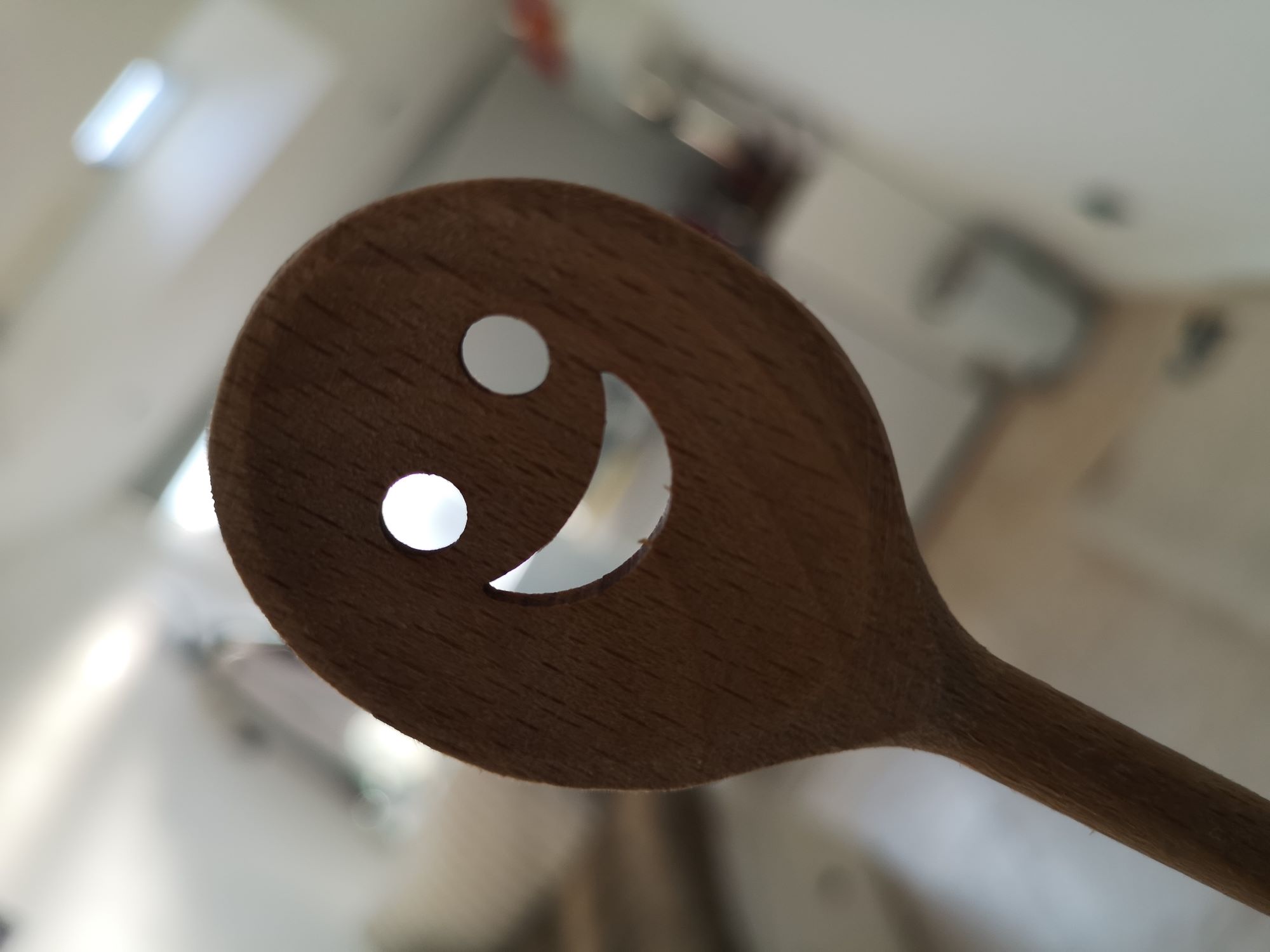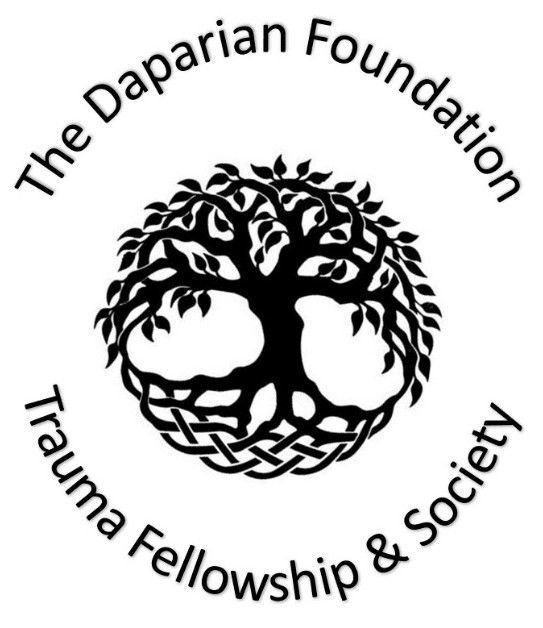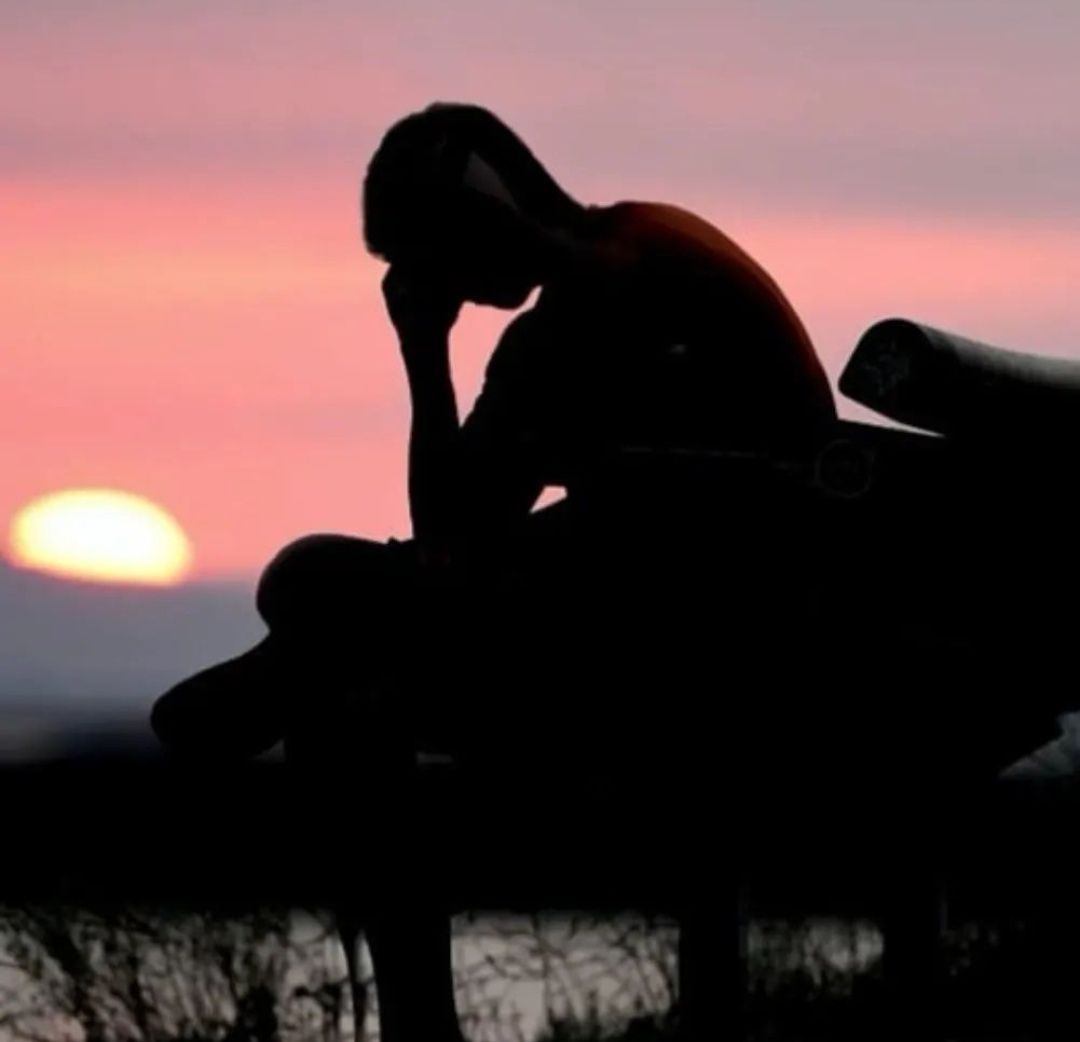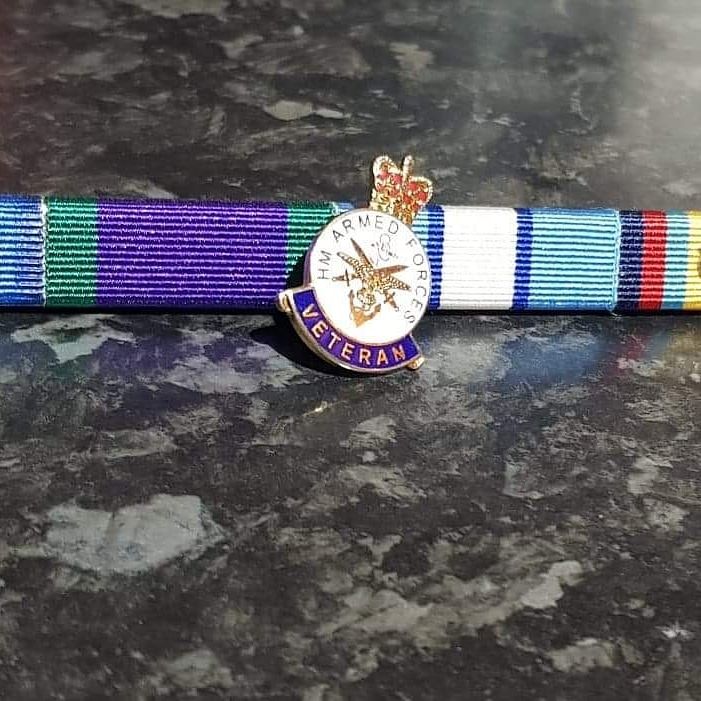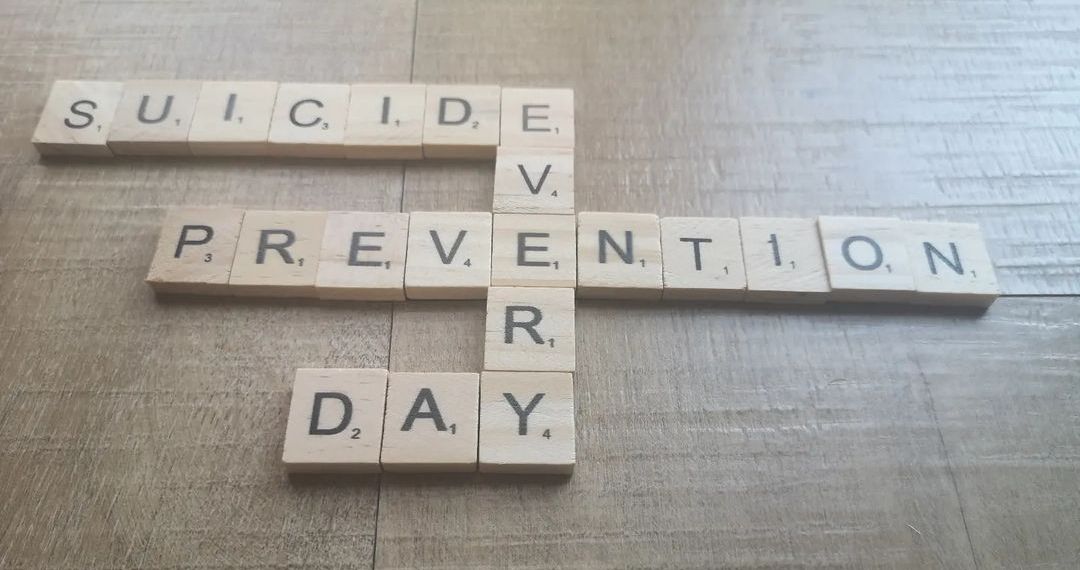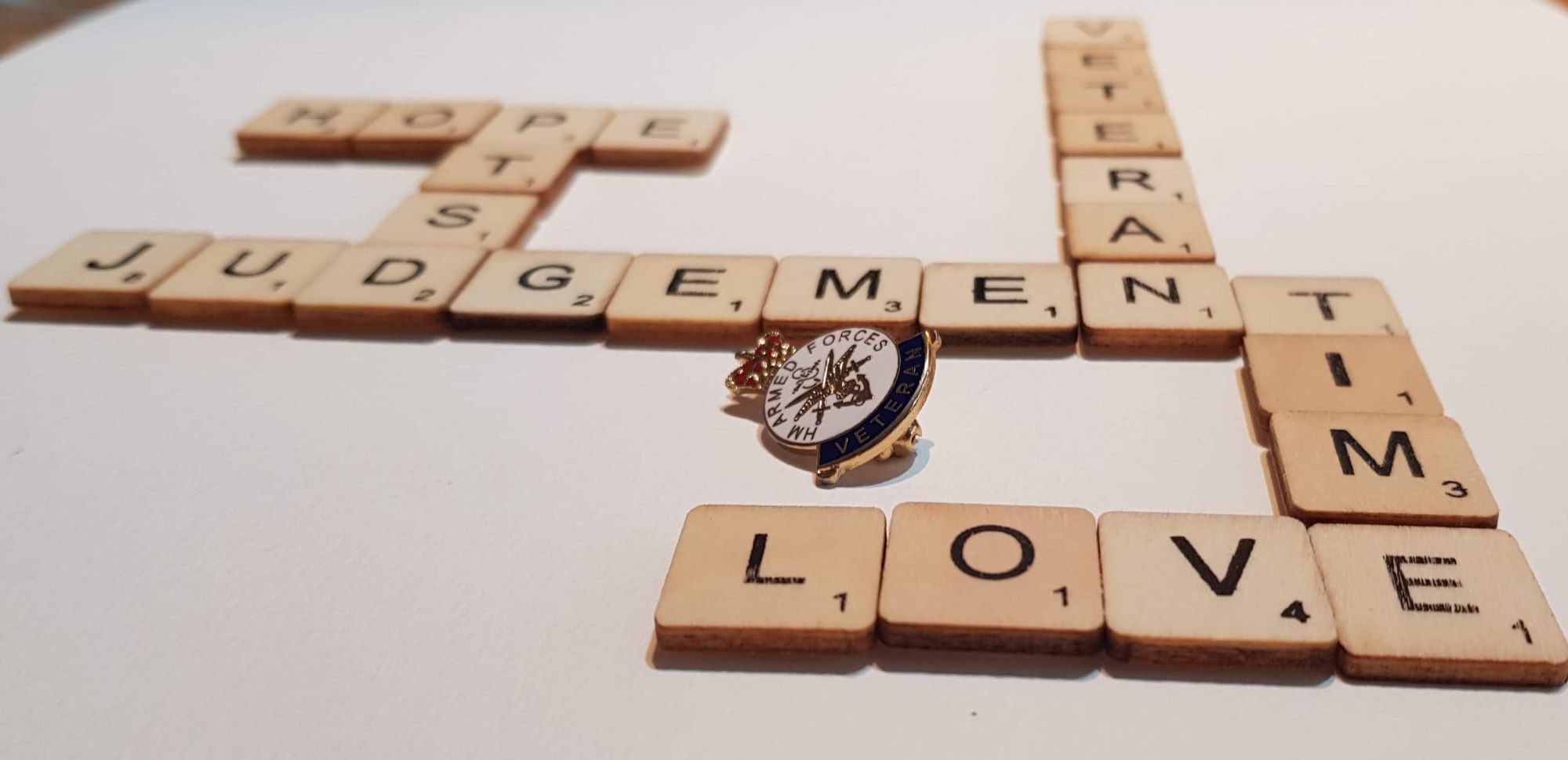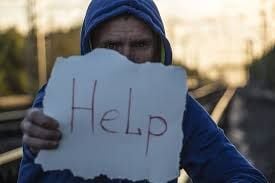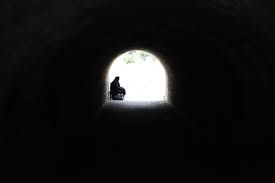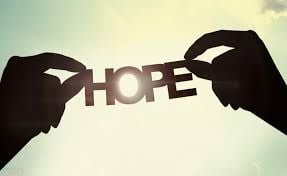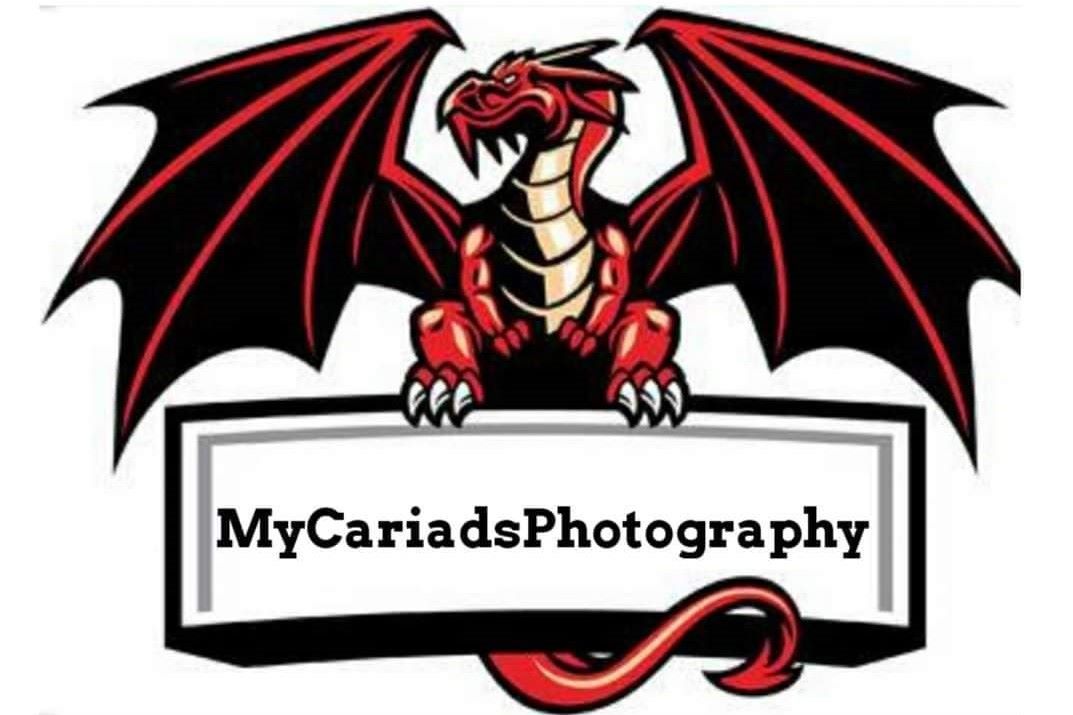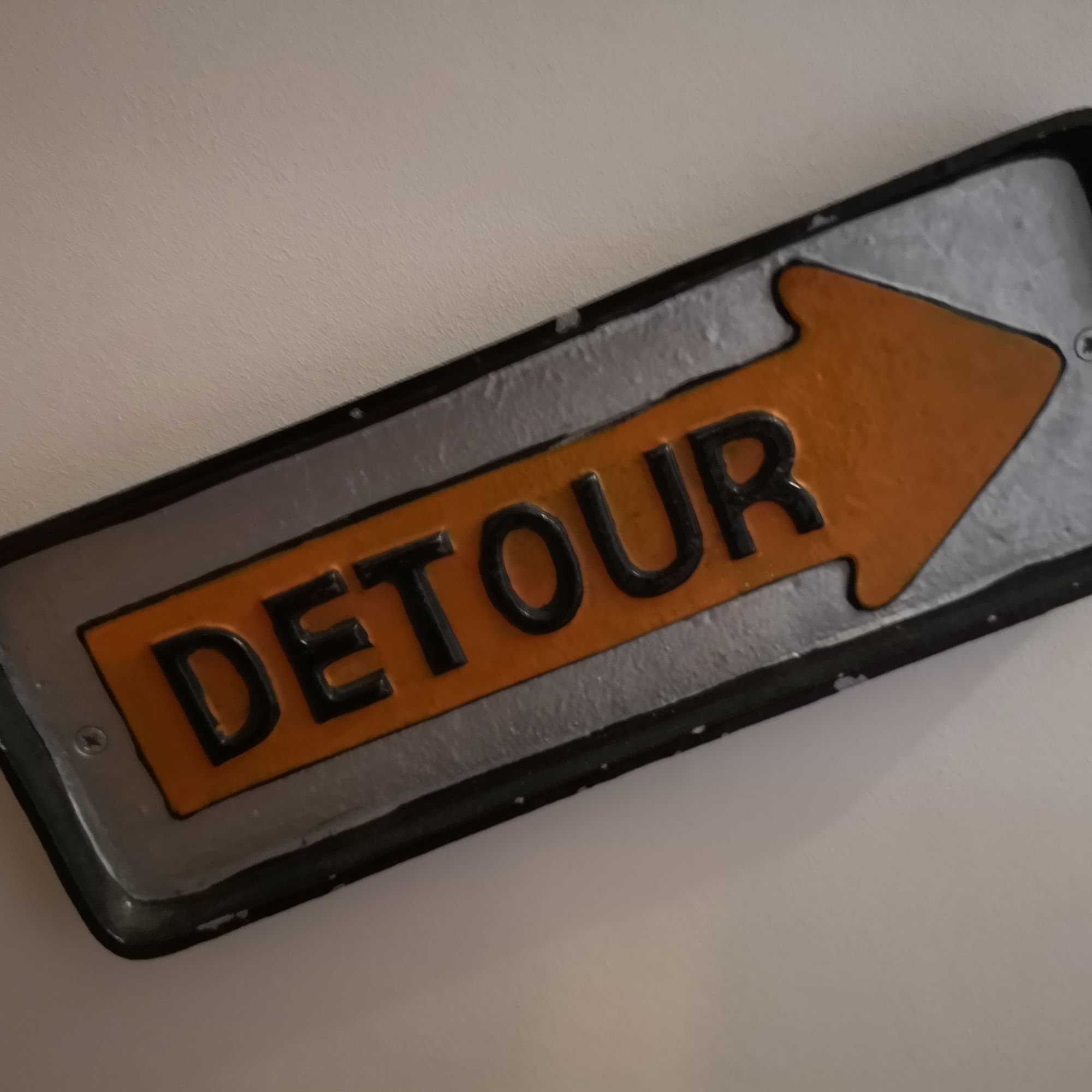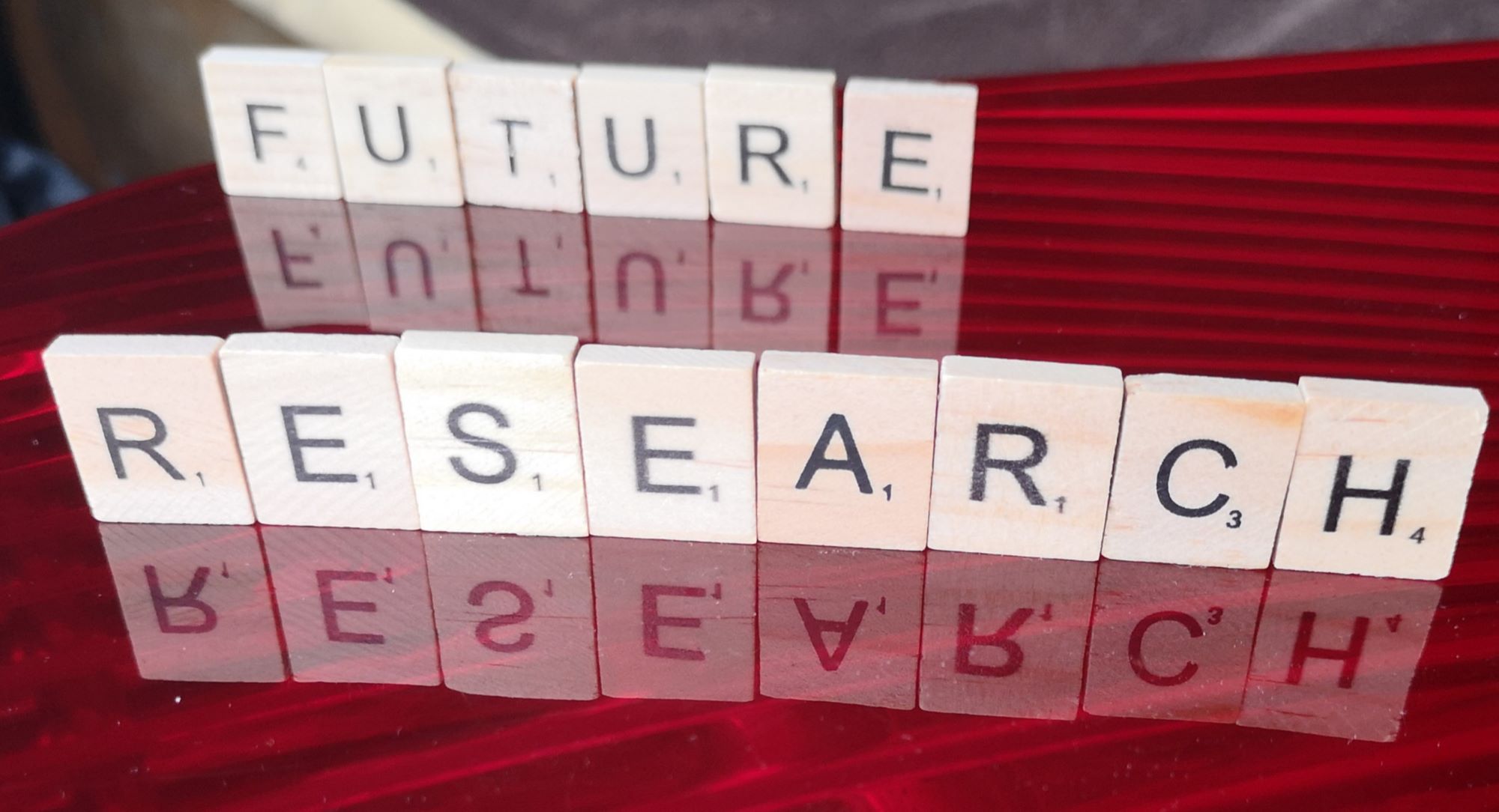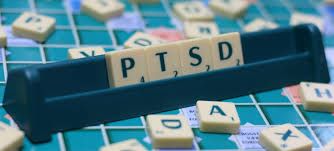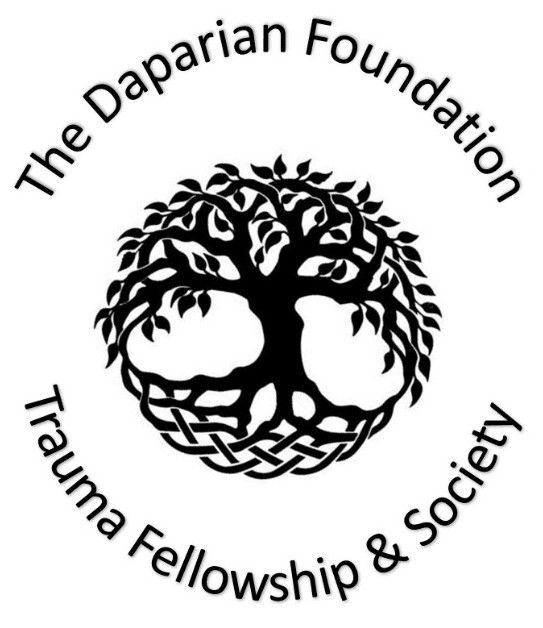
The Daparian Foundation Trauma Fellowship and Society
We are a non-profit, UK-based but globally-aware, trauma research, awareness and networking organisation which has the purpose, the aims and the aspirations of improving the lives and living experience of those who travel the trauma journey, in it's many forms, from the perspective of those who really know.
We see that there is a real power of collaboration, of uniting those who share commonalities of experience, upon their respective trauma journeys, of marginalisation, stigmatisation, feeling invisible and being ignored. These communities, albeit seemingly disparate and perhaps viewed as polar opposites, share (we believe) more than they don't once upon their respective trauma journeys.
With this in mind a power of authenticity, of mutual respect and understanding, of shared learning and support, between previously disparate communities, who have identified commonalities of experience and journey, can faciltate great strength and an increased presence at the decision table in respect of their respective support, treatment, care and self-determination.
We believe passionately that nobody understands a person, or community, living a trauma journey, better than another person or community travelling a similar path. There is power in unity and inclusion.
Registered Community Interest Company (CIC) No. 12810687
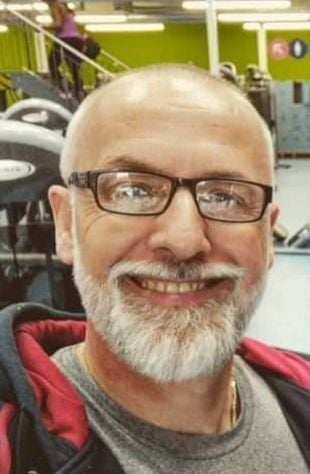
Richard Gettings
Rotherham, South Yorkshire
Founder & Director of The Daparian Foundation.
Service within the Merchant Navy and over 20 years as a police officer, within Hong Kong and the United Kingdom, led to a diagnosis of PTSD after an on-duty incident in the police. Attended Sheffield Hallam University and gained a Psychology Masters degree.
Proud to be an Embedded Researcher at the Advanced Wellbeing Research Centre (AWRC), Sheffield Hallam University, working upon the Doncaster Health Determinants Research Collaboration (HDRC).
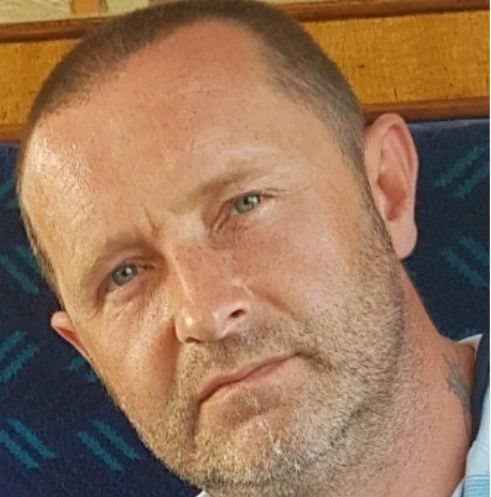
Gareth Stanton
Manchester
Director of The Daparian Foundation.
Service within the British Army as an Area Systems Operator in The Royal Corps of Signals for 4 years. Medically discharged after suffering a Traumatic Brain Injury and having a significant section of right frontal lobe removed. Learned to walk, talk and be himself all over again. Diagnosed with C-PTSD.
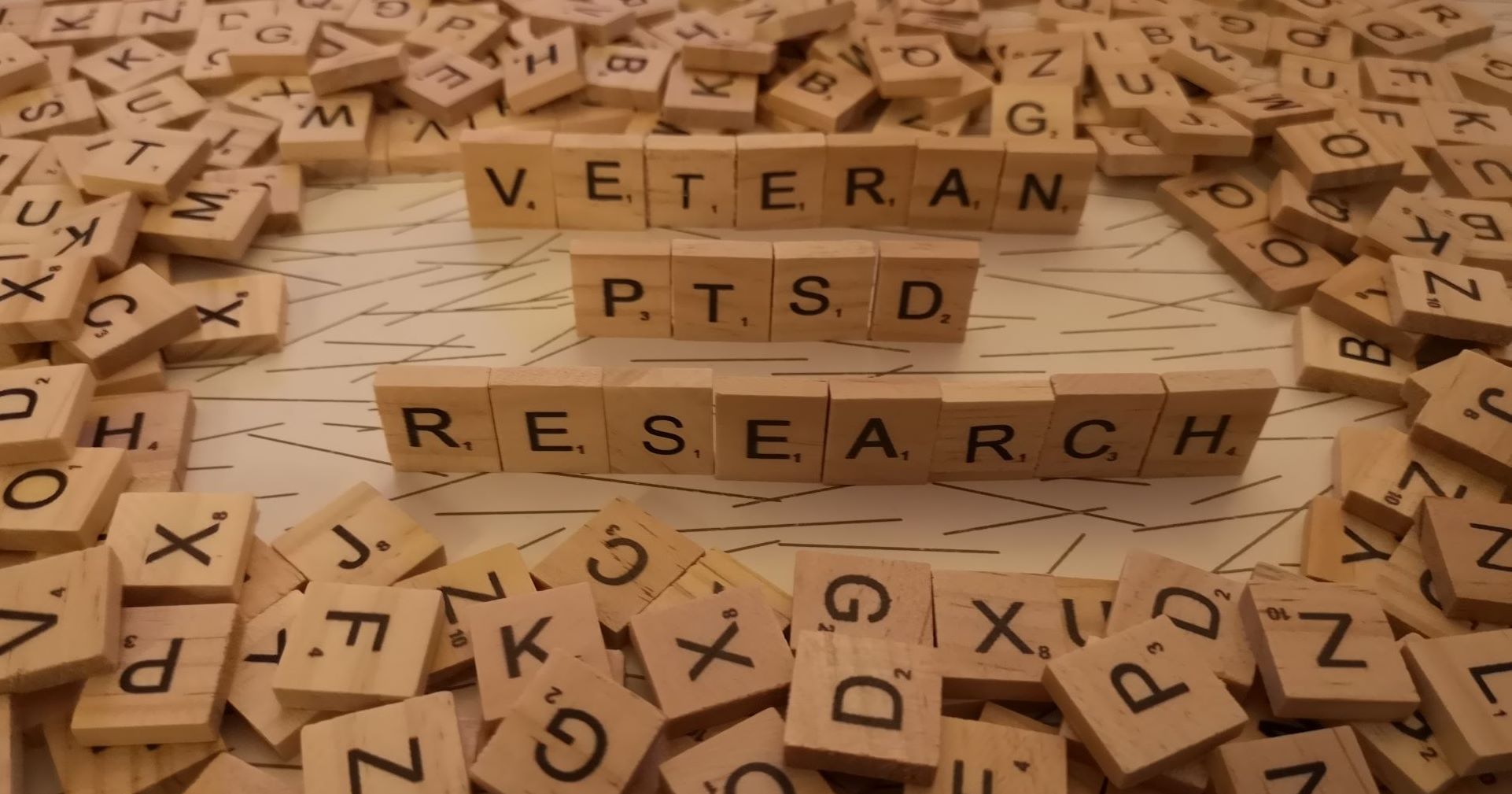
Our Journey...
The Daparian Foundation was born, and exists, fundamentally as a research community; believing that there is a tangible power of changing minds, views and perspectives through the presentation of academically rigorous and peer-evaluated research to those in academia, in the ranks of the 'white coat professionals', in Government and those who control funding . Our birth was a direct result of the founder being diagnosed with operationally related (through his service within the police) Post Traumatic Stress Disorder (PTSD) and venturing upon his own trauma journey.
Once within 'the system', being lucky to have been supported by Combat Stress and attending the fantastic facilities at Audley Court (now closed; section about Audley Court later) it was readily apparent that there was a real power in veterans living with PTSD being empowered to accept, normalise and manage their respective symptoms and journey by being around others on the same journey, talking a common language of experience, 'getting each other' and 'seeing each other'. However, this power wasn't truly recognised, or sufficiently respected, by the medical professionals, by Government or by those who held the purse strings. What was needed was an organisation to champion, to gatekeep and to advocate for the PTSD diagnosed, bluelight and veteran, communities. The Daparian Foundation was therefore born as a collective of, initially, PTSD diagnosed veterans, to engage with opportunities to collaborate with academia in order to gather momentum and to get our collective voice involved within research. Our opportunity came in 2020 with a relationship with the Northern Hub For Veterans and Military Families Research at Northumbria University; two research studies that we were so very proud to be involved with (see below).
The involvement of Richard in these studies culminated in mid' 2023, at the conclusion of his 2 year tenure funded by the Armed Forces Covenant Fund Trust (AFCFT) as a Research Assistant working upon both studies (thank you so very much to the AFCFT for this opportunity). The Veteran PTSD Loneliness study, utilising a cohort of 20 PTSD diagnosed veterans from the Daparian Foundation community, concluded in an academic report (see below) and encompassed an academic paper being published also with Richard as first named author (see below).
It is important to state, at this point, that we are not a clinical or medical organisation, and we do not provide counselling or therapy of any sort. If you seek immediate assistance, support or signposting, regarding your psychological or medical situation then please contact one of the care agencies listed below. Thank you.
A realisation occurs...
During the course of conducting the Veteran PTSD Loneliness study, and networking with other disparate communities with a living experience of trauma and PTSD, it became readily apparent that there existed a common language of suffering that encompassed a shared trauma journey and reflected experiences of loneliness, social isolation, marginalisation, stigmatisation and many other toxic and destructive stepping stones. Communities who would, perhaps, be viewed as polar opposities actually shared more than they didn't. This is a foundation from which mutual collaboration, cooperation and understanding can blossom...
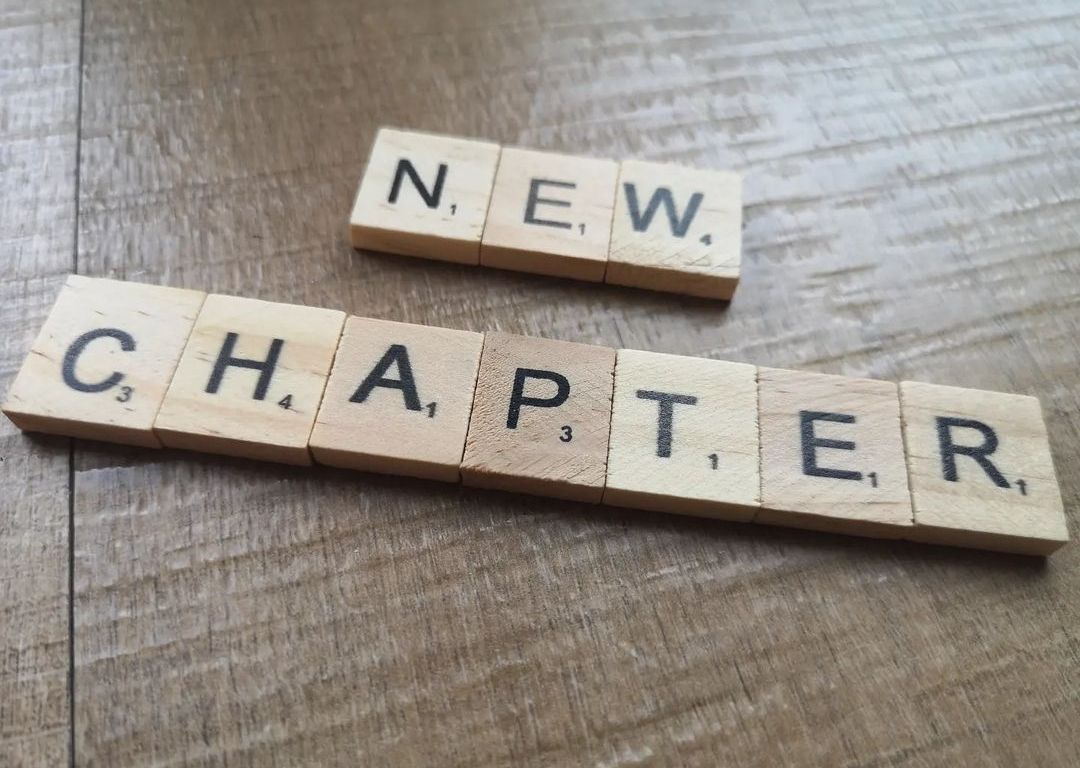
Raising awareness is integral to what we do.
Raising awarenes, through honest and forthright reflection, is an integral part of what bonds together those who formed the Daparian Foundation. It is only through smashing the stigma of isolation, guilt, self-disgust and suicide that we move forwards and identify the commonalities with so many other marginalised and ignored communities. Richard was honoured to be given the recent opportunity to chat with Paul Maleary on his Ex-Job Podcast. Thanks Paul for this opportunity.
Interview with Mirban Hussain, LinkFM Radio, 'Care Across Cultures'
I was privileged and proud to be asked to speak on LinkFM Radio, interviewed by the inspirational Mirban Hussain in August 2025, about my trauma journey, Founding the Daparian Foundation, entering academia and being an advocate for Lived Experience research across communities. The interview can be accessed here, via YouTube; https://youtu.be/DcCOon5liQM
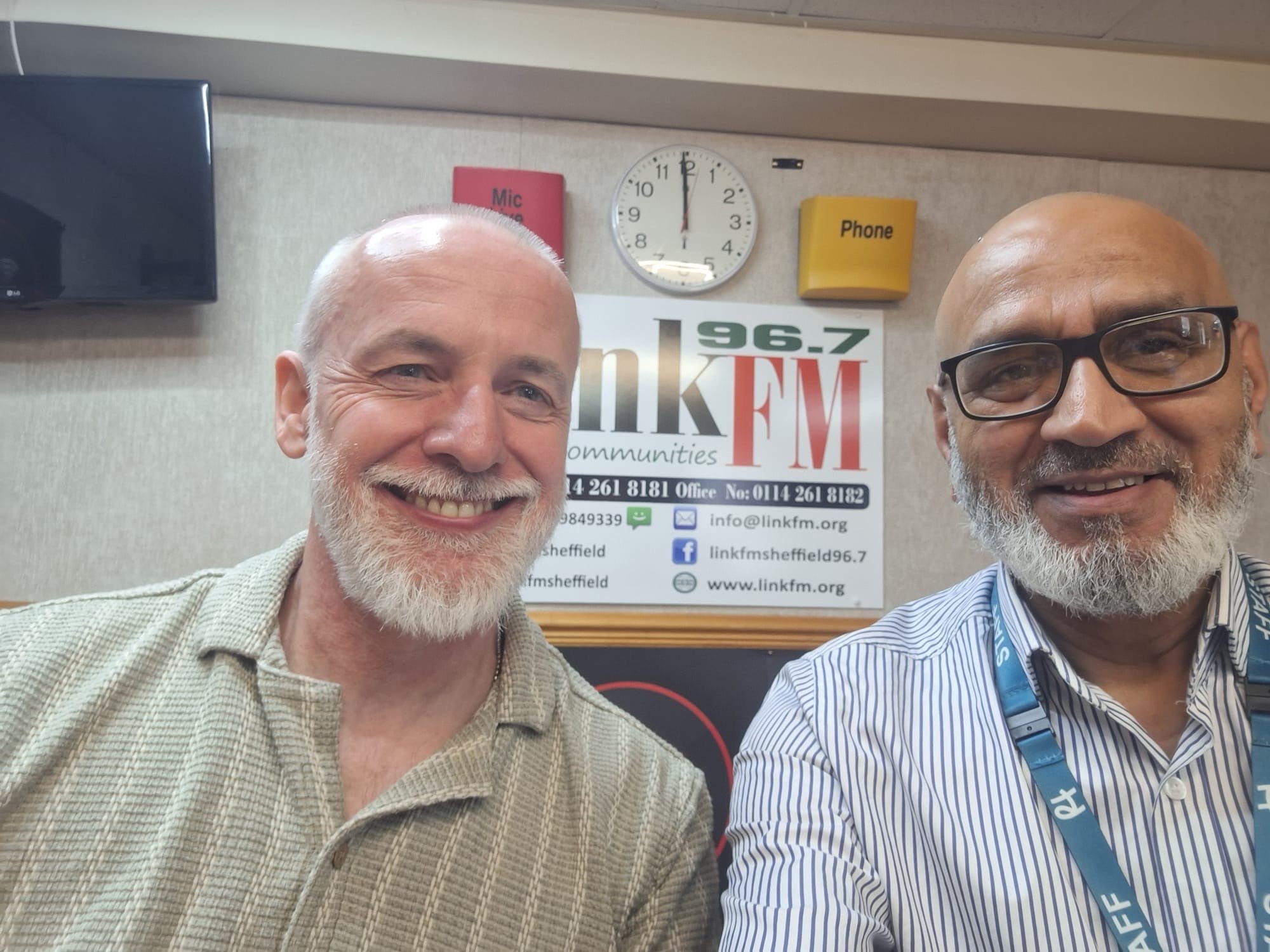
A different perspective
We at the Daparian Foundation do not seek to pretend to be something that we are not. We cannot compete with the significantly larger, and much better funded, mental health charities and support groups, within the communties living with trauma and it's consequences; nor do we want to as the duplication of effort serves nobody, least of all those communities living with trauma.
What we can do, however, is provide a bespoke research facility for those communities who have a lived experience of trauma; providing research which is performed from the perspective of the community, and which is targeted at the issues which will directly improve the lived experience of that community with regards to their trauma journey.
We are not qualified psychiatrists, psychologists or other variables of medically qualified personnel. We are sufferers of PTSD who have a lived experiece of trauma and it's consequences, the lead researcher included, seeking to define our journeys positively and productively to inform the decision makers, from a research basis, of the most efficacious routes to support those living with trauma.
We have embarked upon a long and difficult journey, of that there is no doubt. The first stages are networking, collaboration, raising awareness and consolidating the commonalities of experience and trauma journey of those communities who are marginalised, stigmatised and ignored.
2024 sees the start of this journey... An updated website and social media and exciting announcements to follow...
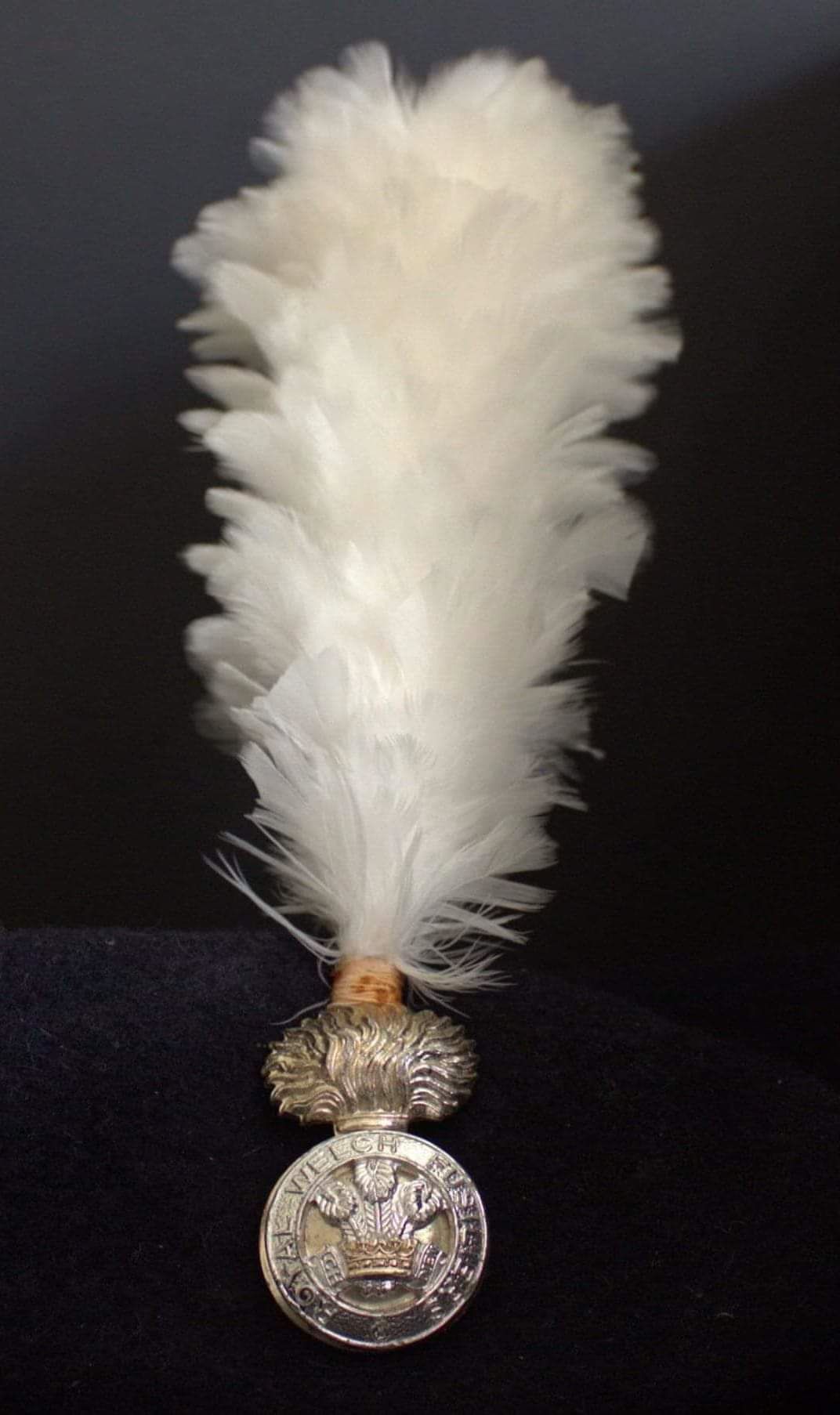
What is Post Traumatic Stress Disorder (PTSD)?
PTSD is an anxiety disorder which has existed since the first humans experienced their first traumatic events, albeit that it was only named in 1980 when the American Psychiatric Association officially recognised it. Accounts of PTSD exist in ancient Greek literature, Shakespeare and the writings of the Incas, Aztecs and Romans; who all give the same set of complex symptoms and behaviour different names and contexts.
PTSD affects everyone and is often misrepresented and stigmatised in the media and in the world of entertainment; the stereotypical role of a veteran living with PTSD. The consequences of unprocessed trauma will affect anyone, from a pregnant mother going through traumatic childbirth, to a child suffering abuse to those involved/witnessing a traffic accident... the list is endless.
PTSD, for purposes of diagnosis, comes with four symptom clusters; re-experiencing, avoidance, hypervigilance and negative alterations in cognition / mood / reactivity.
Extreme cases of prolonged and repeated exposure to trauma can lead to the development of Complex Post Traumatic Stress Disorder (CPTSD). Every case of PTSD is unique in its specific causes, symptoms and outcomes; some being short lived but others becoming entrenched and permanent in nature.
PTSD is a normal human reaction to abnormal circumstances, a result of the brain failing to effectively process and file away what it has seen, heard and been faced with.
What are the ingredients of Post Traumatic Stress Disorder?
Where is the Daparian Foundation concentrating its initial research?
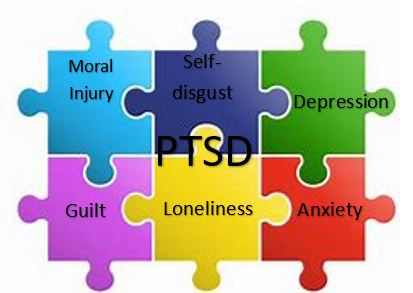
Ingredients
PTSD comes with a suitcase full of symptoms, consequences, behaviours and thought processes.
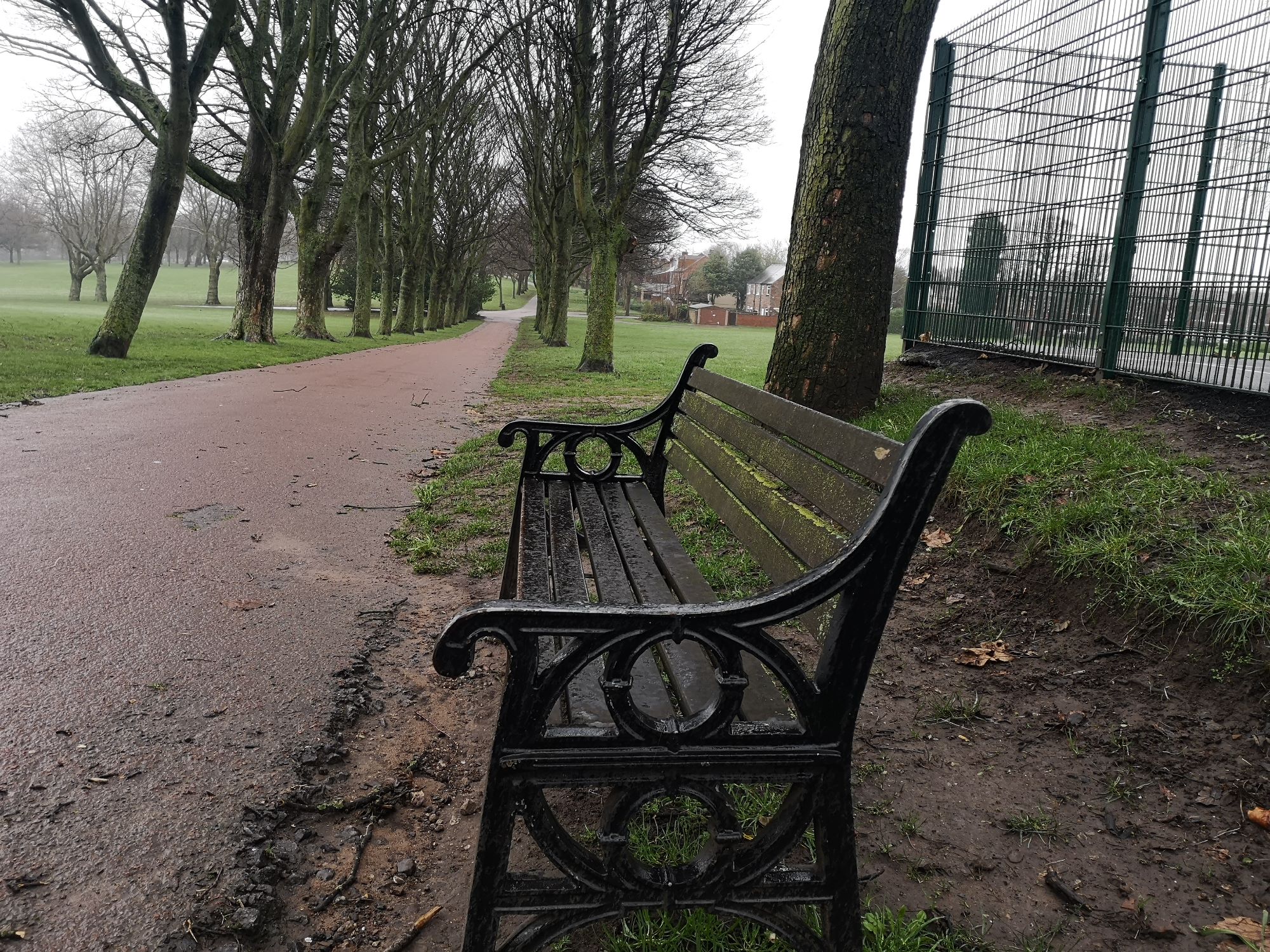
Loneliness
A major strand of our current research is into the links between PTSD and loneliness.
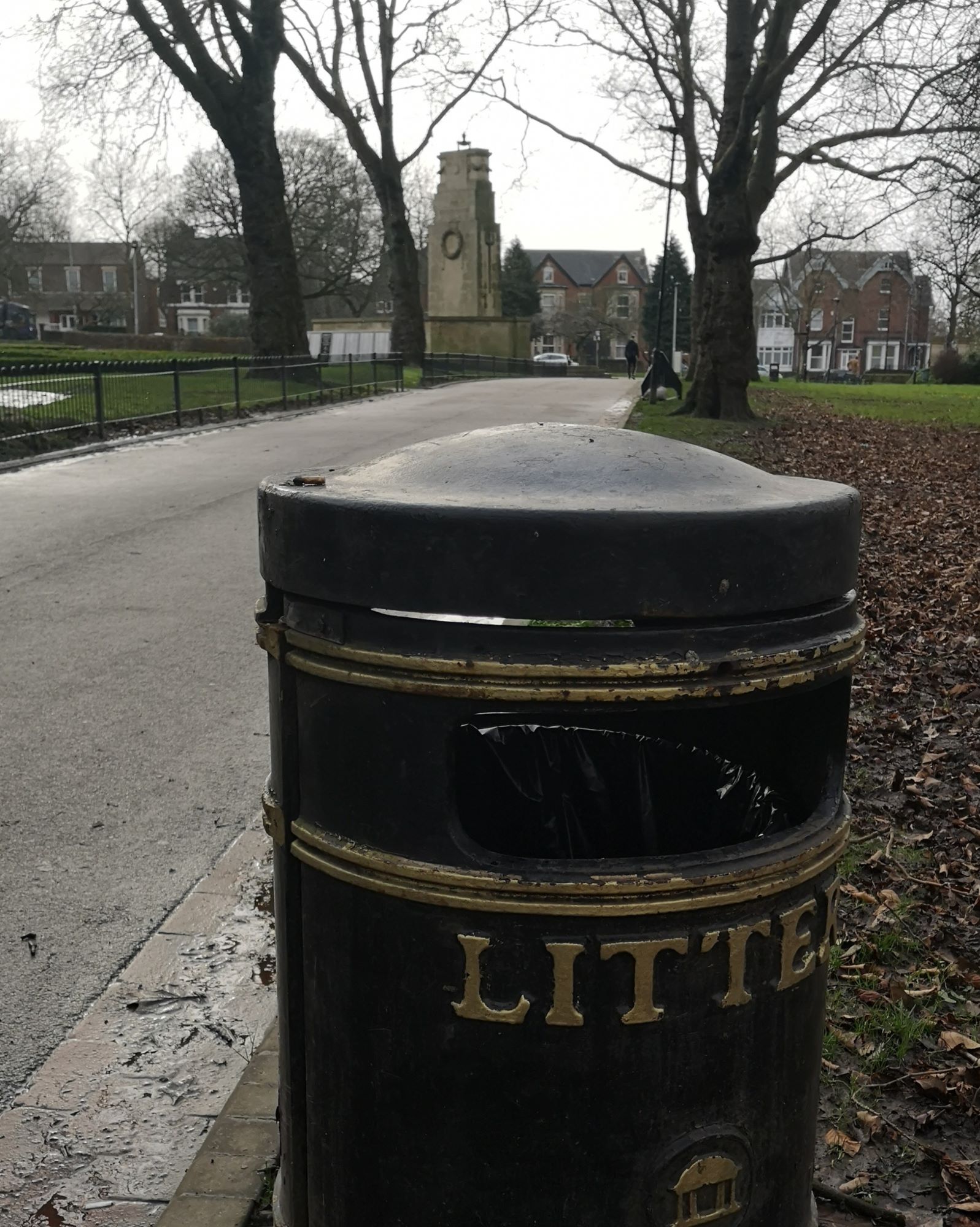
Self-disgust
Self-disgust is an internal mechanism of revulsion at one's character, beliefs and actions.
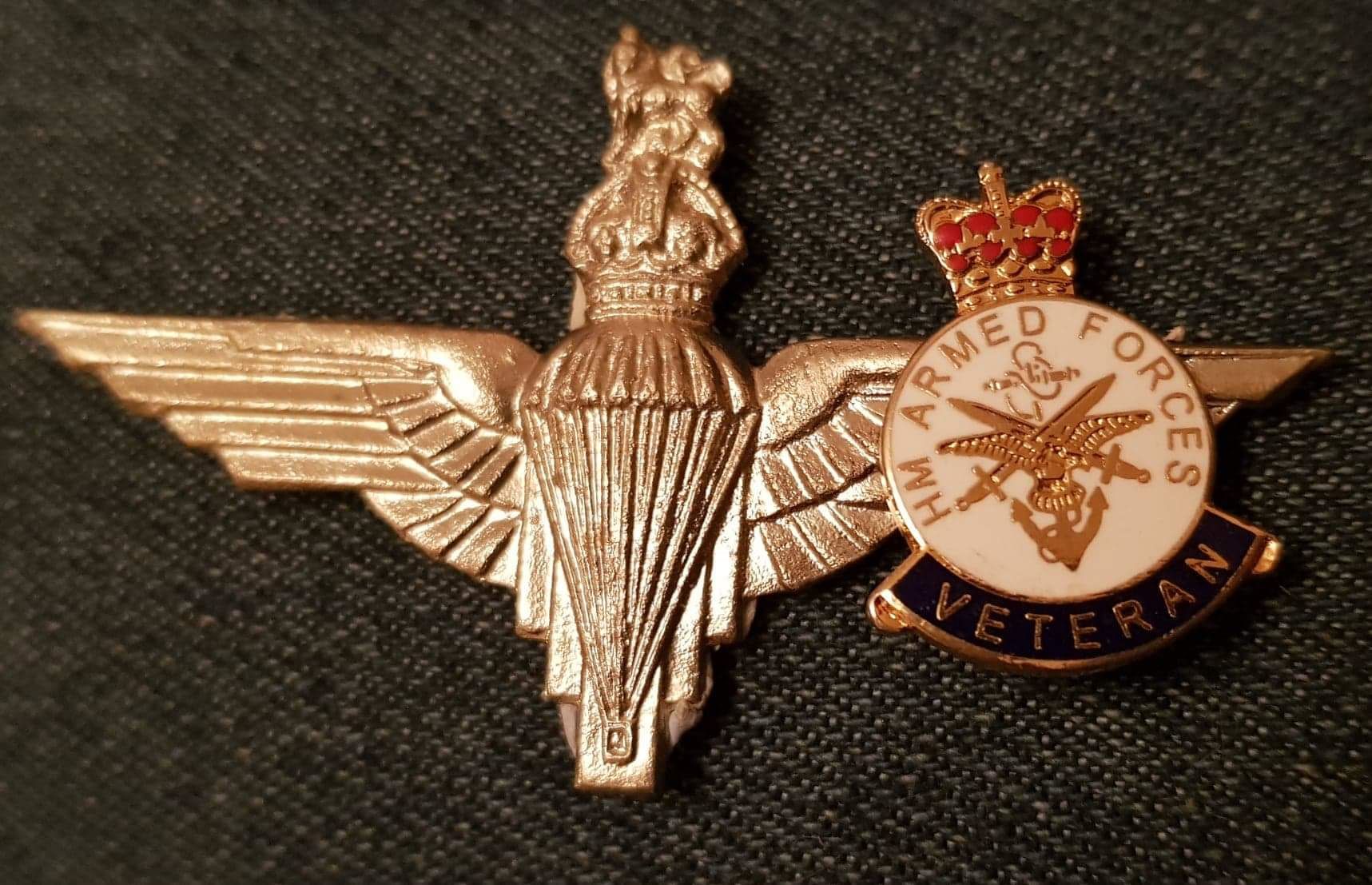
Moral Injury
A perceived breach of our moral conscience and inherent values leads to extreme guilt, shame, anger and disorientation.
PTSD diagnosed volunteers
The Daparian Foundation has a significant establishment of PTSD diagnosed Veteran and Emergency Services volunteers, from diverse backgrounds within the UK Armed Forces and Emergency Services who have served within varied theatres of conflict around the globe and within varied highly stressful and confrontational public service roles. These volunteers share a passionate enthusiasm for improving the lived experience of others diagnosed with PTSD and living with trauma; effected through the use of efficacious, targeted and current research.
We wish to utilise the lessons that we have learned, through our recently conducted research and awareness raising/networking, to support and inform other communities who may be experiencing similar journeys to ours. We have a lot to contribute, and learn from, other communities who may share the marginalisation, stigmatisation and isolation that we have experienced. We are stronger together moving forwards.
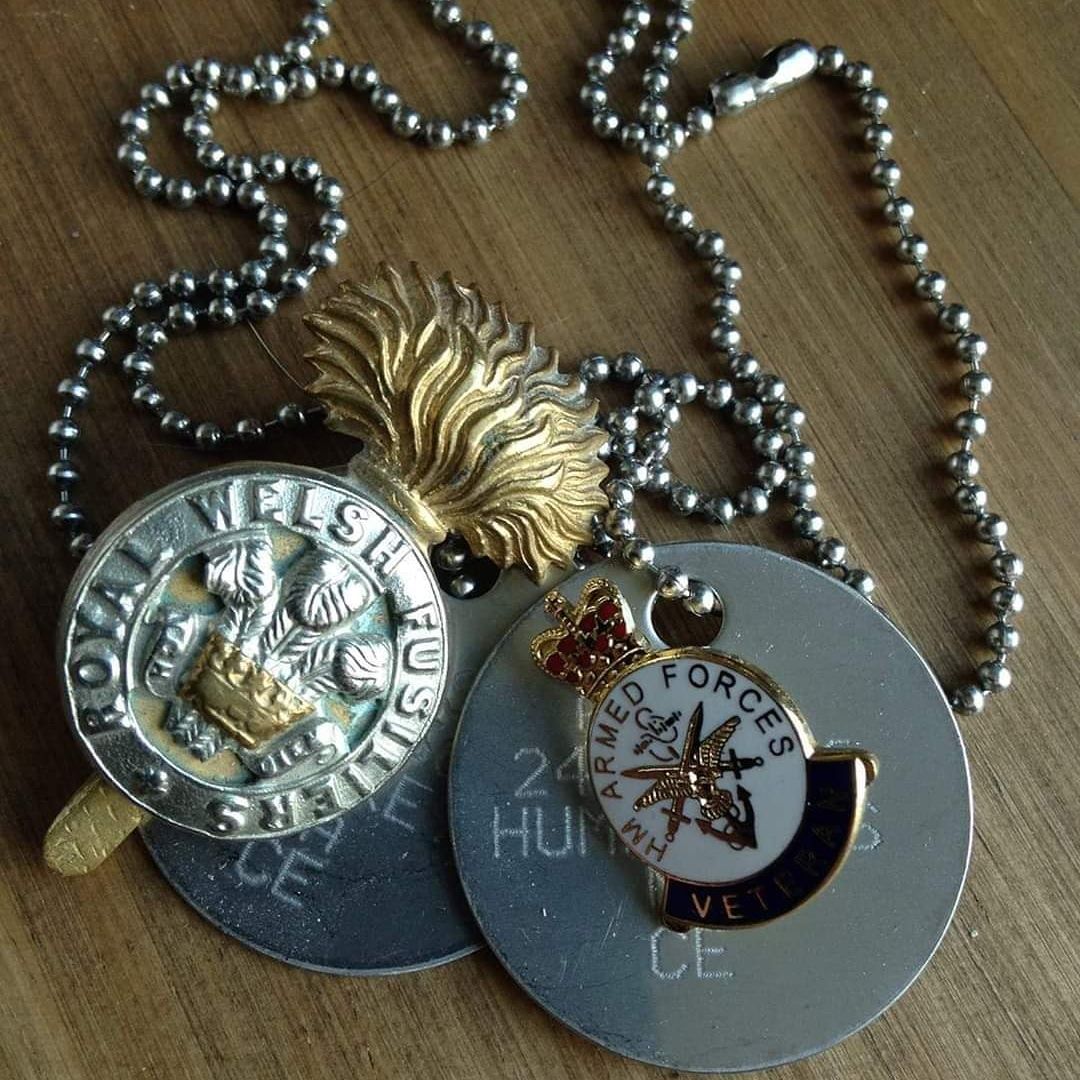
Research completed
Self-Disgust Is Associated With Loneliness, Mental Health Difficulties, and Eye-Gaze Avoidance in War Veterans With PTSD; Completed as a research dissertation for Psychology Masters, published in Frontiers in Psychology, 30 October 2020; Sec. Psychopathology, Volume 11 - 2020 https://doi.org/10.3389/fpsyg.2020.559883
Exploring the Role of Social Connection in Interventions With Military Veterans Diagnosed With Post-traumatic Stress Disorder: Systematic Narrative Review; Completed whilst working with Northumbria University upon the Veteran PTSD Loneliness research study 2020-2023, published in Frontiers in Psychology 08 July 2022; Sec. Health Psychology, Volume 13 - 2022 https://doi.org/10.3389/fpsyg.2022.873885
Developing a holistic intervention to reduce social isolation and loneliness in Veterans treated for PTSD : Armed Forces Covenant Fund Trust (published within The website of the Armed Forces Covenant Trust Fund; an academic report of the findings of the Veteran PTSD Loneliness study.
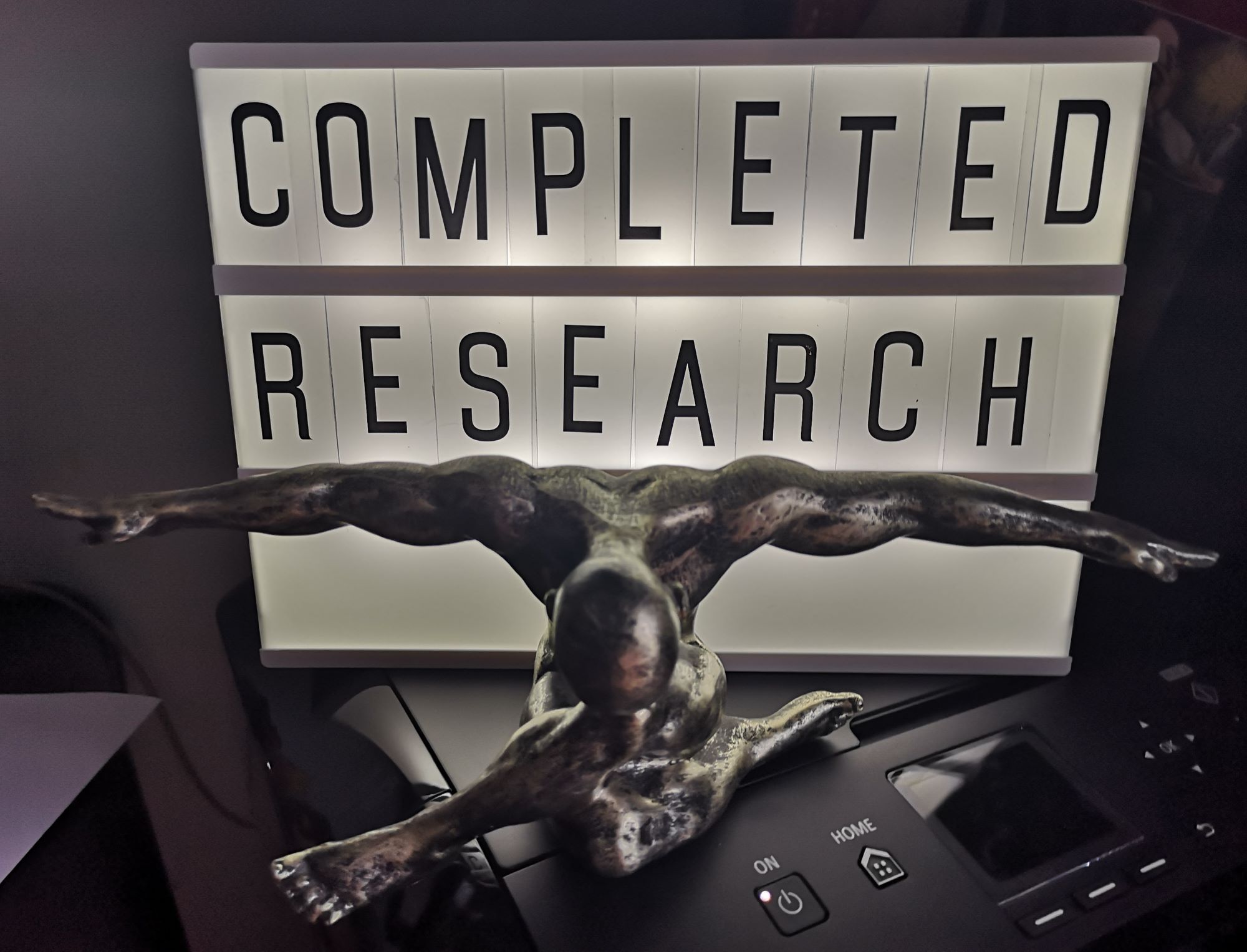
Veteran PTSD Loneliness
The Daparian Foundation are so very proud that we collaborated upon this research project, with Northumbria University Northern Hub for Veteran and Military Families Research, investigating Loneliness within UK Veteran PTSD through the medium of truly listening to the lived experience of PTSD diagnosed veteran volunteers, putting this community at the centre of the narrative, and evolving this into a post-treatment, non-clinical, intervention that identifies and supports those deemed vulnerable to this destructive element of veteran PTSD. This study ran between April 2021- April 2023, albeit Richard worked on it voluntarily for approximately 12 months prior to the start date preparing it for bid status. The final academic report from this study was published by the Armed Forces Covenant Fund Trust earlier this year (details above).
The loneliness and social isolation experienced by someone living with PTSD, akin to wearing a diver's helmet and being unable to converse and communicate with loved ones/your support bubble, is one of the major drivers of many who live with PTSD towards suicide (from personal experience and research conducted by the Daparian Foundation). PTSD loneliness and suicide share a relationship with each other, and by targeting loneliness (this is a loneliness within the symptomology of the individual; being unable to share what that person is experiencing, through guilt,shame, self-disgust) the trauma journey can be prevented from heading towards the suicide destination. There is real power in this knowledge, as PTSD loneliness and social isolation can be deconstructed and focused upon through multiple peer group, holistic, measures.
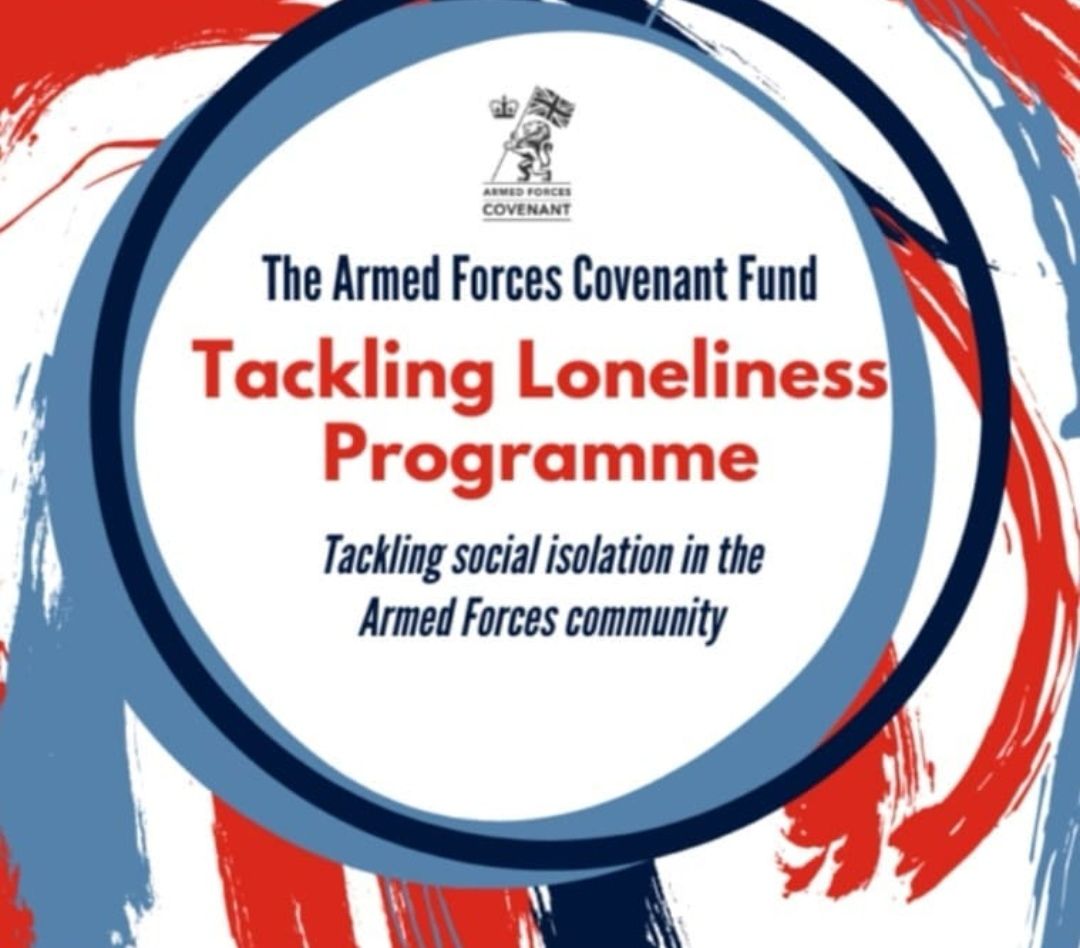
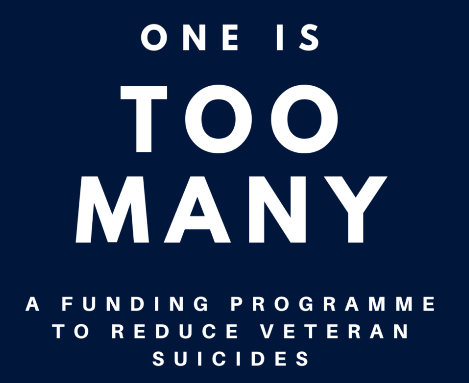
Military and Veteran Suicide
The Daparian Foundation is so very proud and privileged that Richard recently worked alongside Northumbria University Northern Hub for Veterans and Military Families Research, in the capacity of Research Assistant, on this pioneering and inspirational research study which seeks to drive much needed change within the UK Military and Veteran communities regarding Military and Veteran suicide.
This project was funded, and administered, through the Armed Forces Covenant Fund Trust.
Please watch out for updates from The Armed Forces Covenant Fund Trust and Northumbria University as this unique and pioneering research study evolves and moves forwards.
To understand an area of concern, and put measures in place to mitigate it, it is vital to put the community who live that problem at the centre of the narrative, to listen to the voices of lived experience. This is exactly what this project did, having the courageous, selfless and inspirational families who were bereaved through military and veteran suicide at the heart of the narrative.
The Pellitec / AWRC Amputee Research Study
This journey into academia has been full of ups, downs, successes and many many challenges! Our founder, Richard, has been faced with having to become accustomed to being out of his comfort zone. This has had to become the new normal in order to make, and sustain, progress.
The Pellitec / AWRC Amputee Research Study was the first indication that the latest chapter on this journey, his post as an Embedded Researcher with Sheffield Hallam University, was a beneficial step in a positive direction.
This study brought opportunity to bring together different aspects of the Daparian journey; the Veteran community, the Amputee community and Academia.
Centred around seeking to use the lived experience of the Amputee community to drive necessary change with informing the design of bespoke measures between prosthetic and residual limb that would ensure increased mobility, reduced pain and a significant improvement in quality of life for an often marginalised and invisible community.
Involving amputees from both the UK Military / Veteran community and those from civvy life also, this study consisted of individual assessment of participants at the AWRC and group workshops; all seeking to drive bespoke feedback and design processes.
Incredible relationships have been developed with inspirational men and women, facilitated by selfless and progressive organisations like Blesma (The Limbless Veterans Organisation). So proud and privileged to be a part of this!
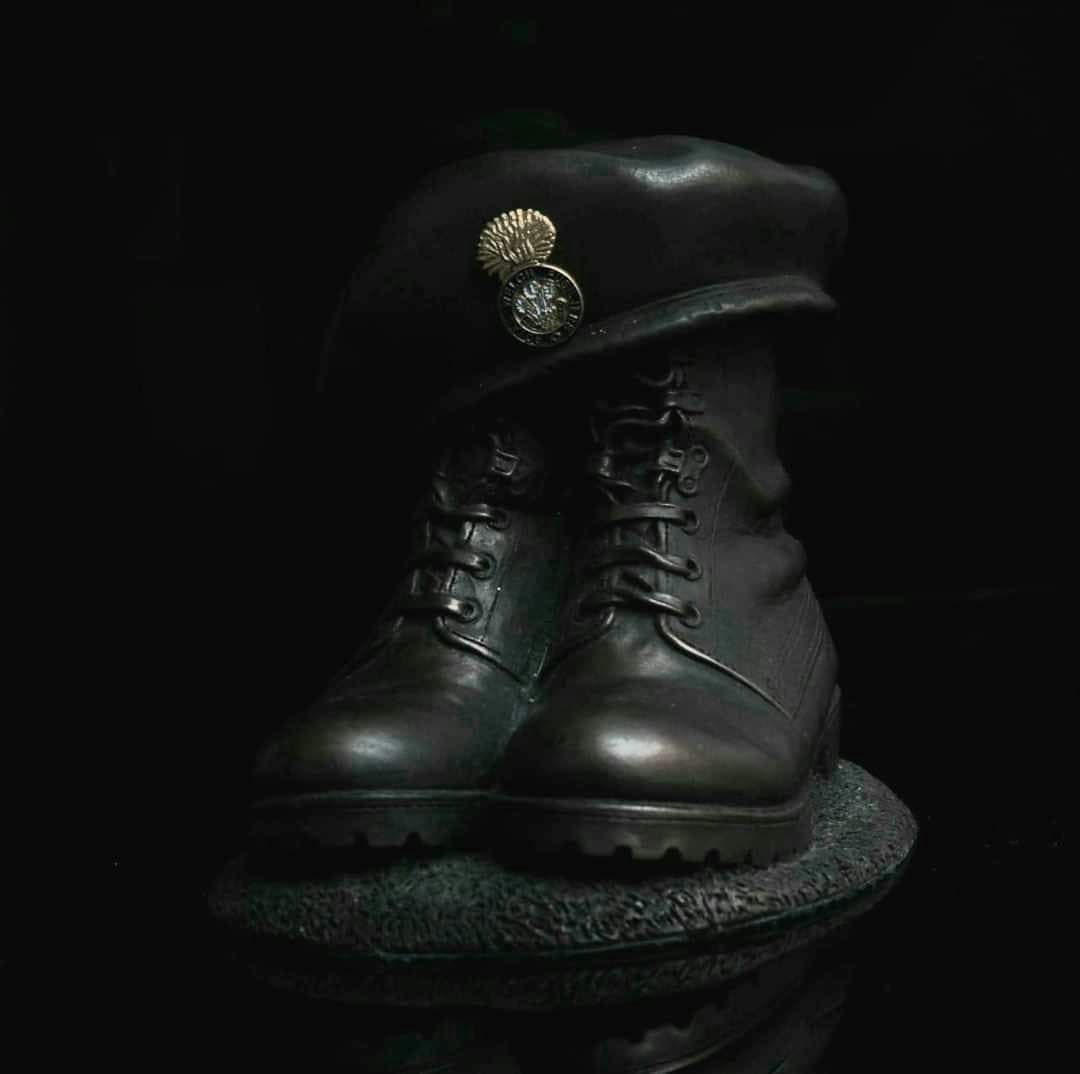
Thank you!
A massive thank you is due to all the PTSD diagnosed veterans who have contributed to our completed research already, and have volunteered to assist us with our future research also. Without these brave, inspirational, pioneers of veteran PTSD our research would have no value, efficacy or power. Thank you!!
Furthermore, massive thanks is owed to Mark Humphreys and his MyCariads Photography Studio; for his patience, assistance and photographic talent in assisting our organisation with photographic images of the highest, and most artistic, quality. Thank you.
Future research
- The attenuation of the links between Post Traumatic Stress Disorder and Loneliness, Self-Disgust, Anxiety and Depression through a combination of softer-focus talking therapies and the creation of non-judgemental, trusting and understanding environments (as opposed to the previous emphasis on the more medically established protocols; medication and certain clinical, psychological, procedures).
- Longitudinal, qualitative, research into those diagnosed with PTSD and their relationship with Self-Disgust and Loneliness.
- The impact of moral injury upon those living with PTSD; linking in with its comorbidity with Self-Disgust.
- The correlation between gut health/diet and PTSD.
- The correlation between PTSD dogs and the attenuation of the Loneliness ingredient of PTSD.
- Application of the previous, and planned, research to both the Prison and Homeless populations.
- Investigation of the trauma journey towards suicide, comparing and contrasting disparate communities' experiences of the trauma/suicide journey.
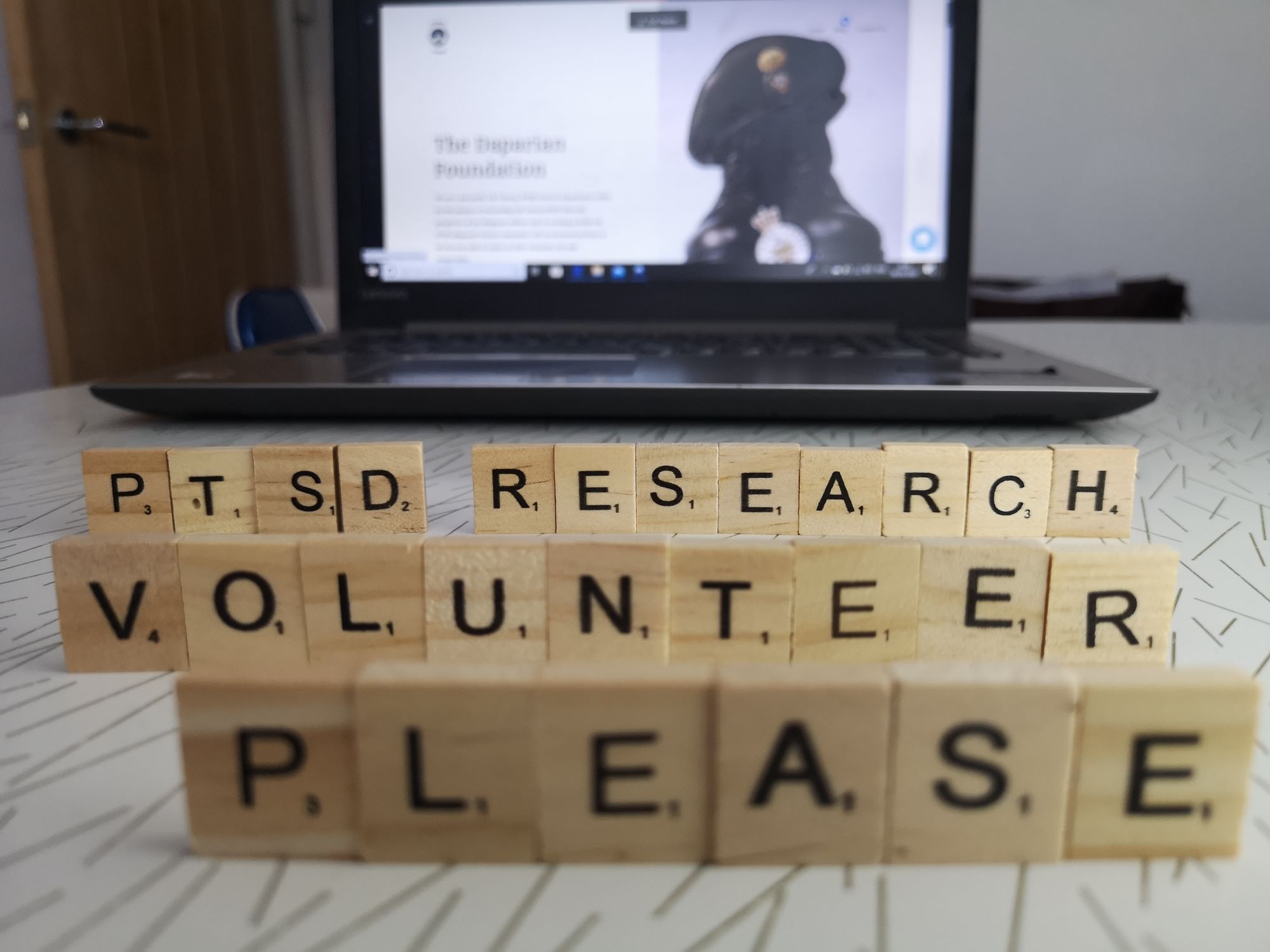
The lifeblood of The Daparian Foundation, the essence that makes our research so very effective, is our trauma-aware/PTSD diagnosed community. If you have a living experience of trauma, in it's many forms, and wish to join our family and contribute to our research then contact us please. We especially seek to build links, friendships and collaborations with other isolated, marginalised and stigmatised communities who wish to join us and share our journey gouing forwards. We are stronger together.
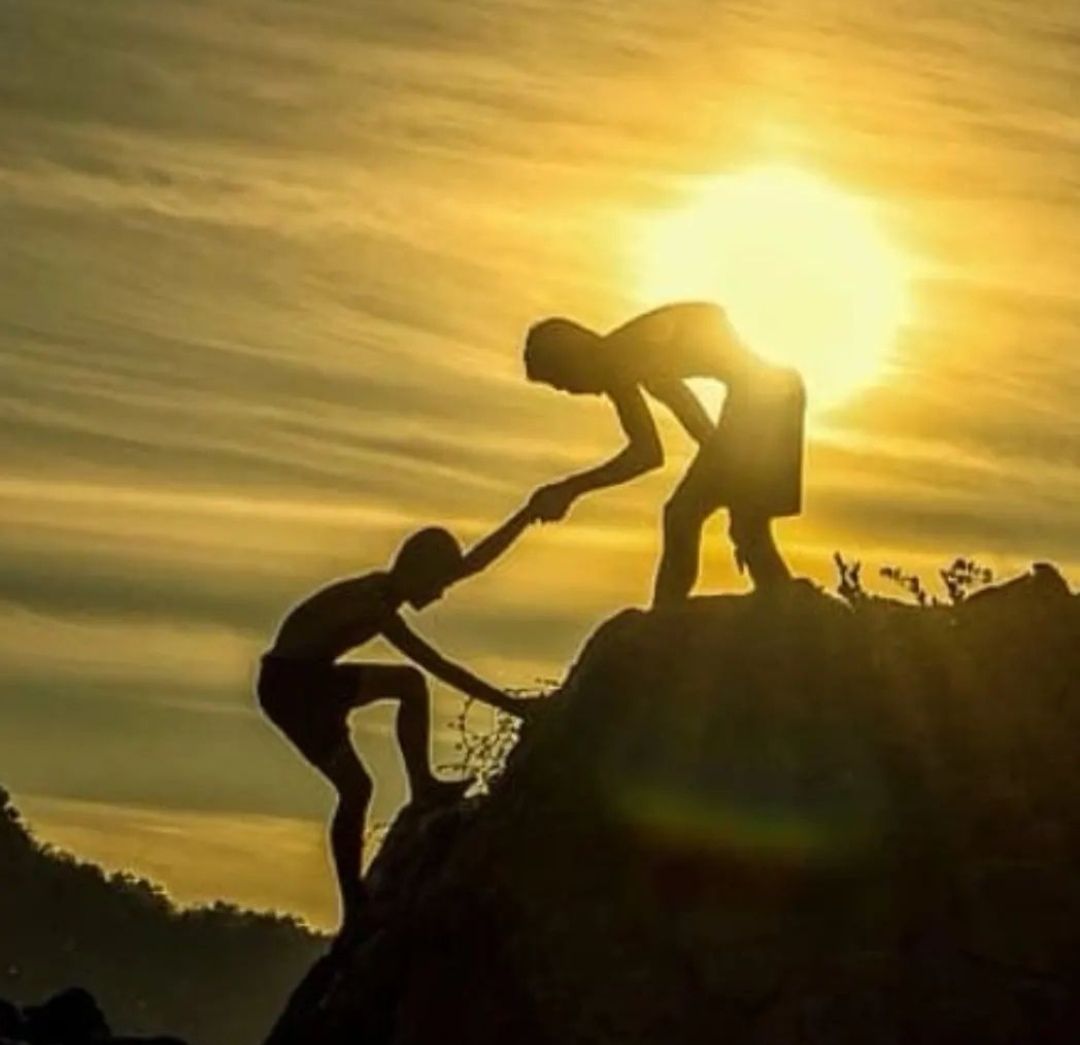
'The thousand yard stare'
Steve Stonestreet, an accomplished artist has completed this fantastic painting to depict a Veteran living with PTSD. Painted on heavy weight paper and measuring 22 x 15 inches, this is a unique, pioneering and potentially iconic painting.
The Daparian Foundation auctioned the original painting, helping to raise funds for our ongoing growth, and has been given the rights to the image by Steve Stonestreet. For Steve's generosity and support we are eternally grateful. Thank you Steve.
A limited edition, individually numbered and signed by the artist, of prints and other merchandise will follow also.
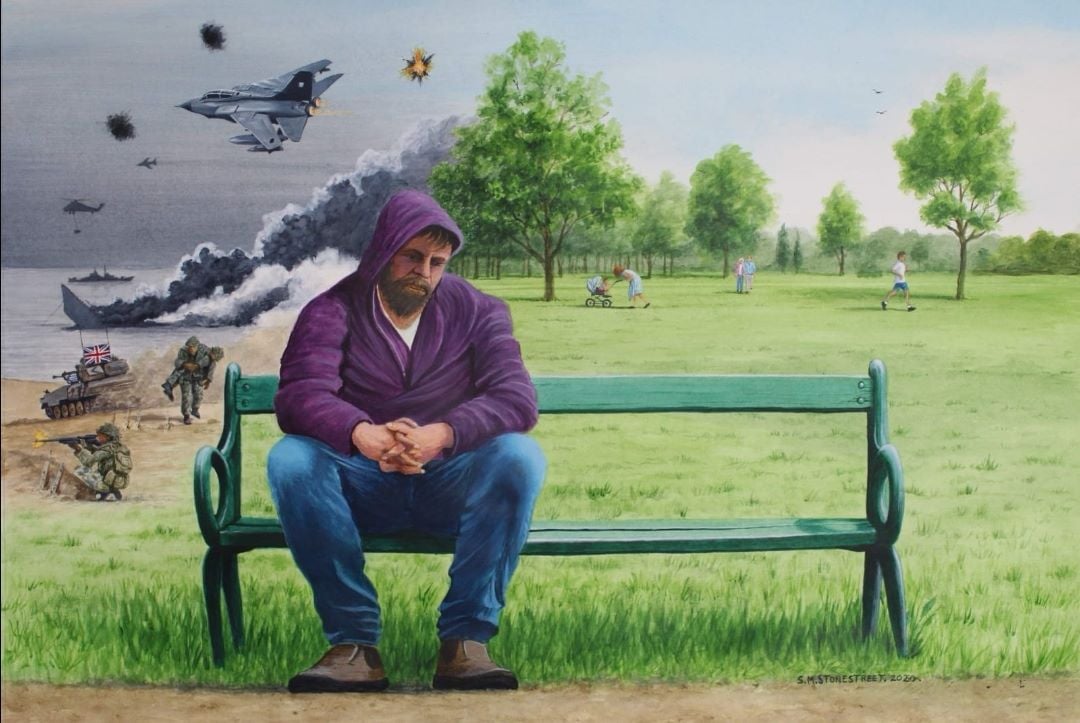
Presenting The Thousand Yard Stare to John Healey MP
Gaz and myself were very proud to present John Healey MP, Secretary of State for Defence and Member of Parliament for Wath & Conisbrough, with a framed copy of the Thousand Yard Stare, to hang in his constituency office.
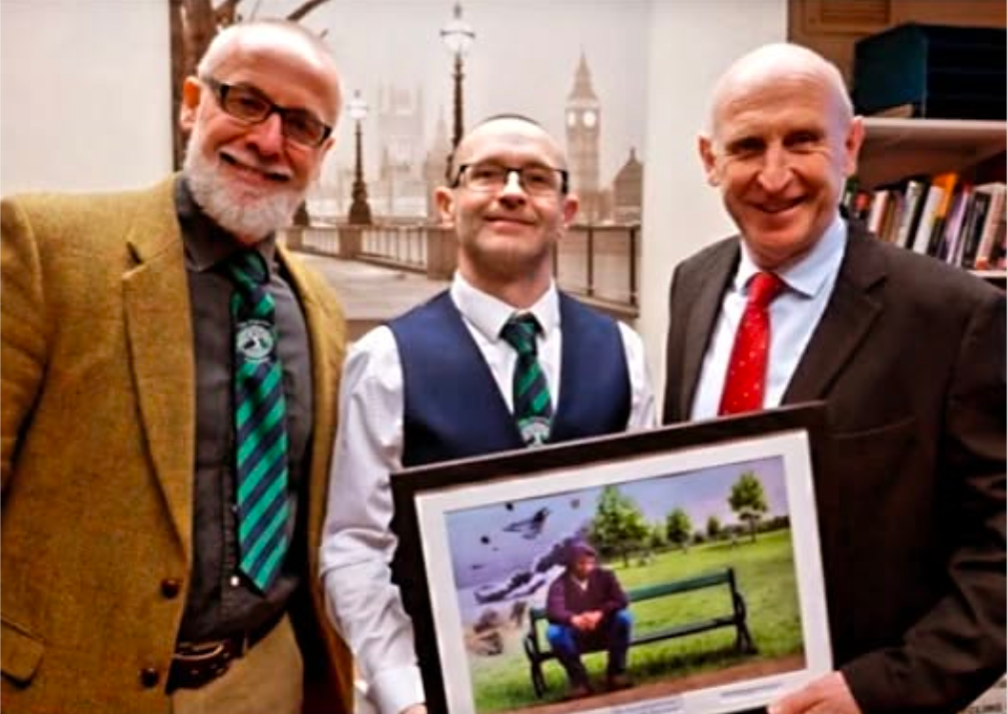
An interview with Policing Insight online journal 11/6/20
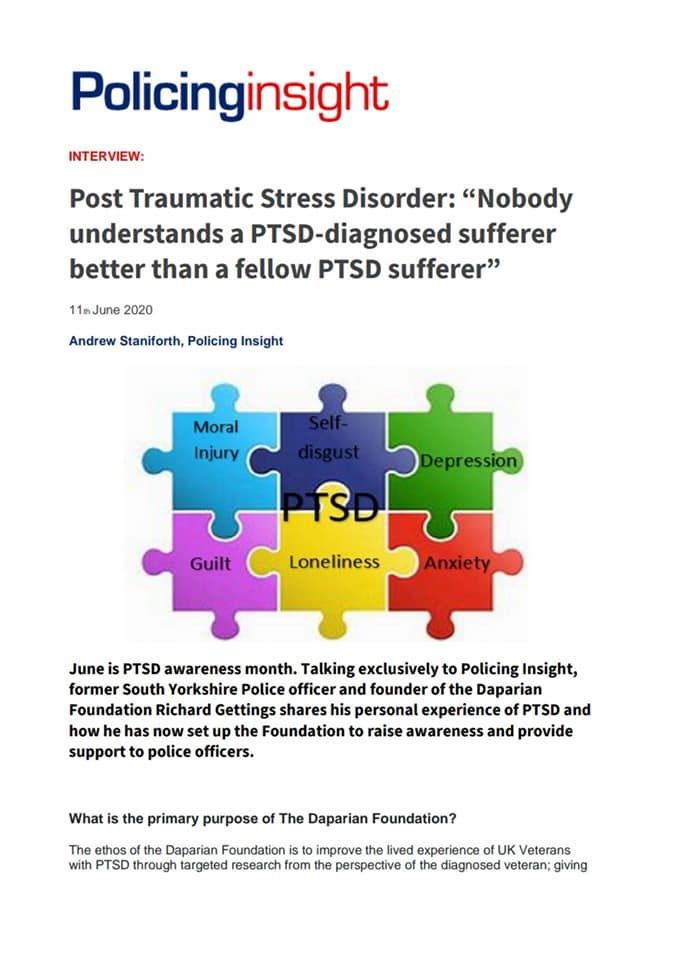
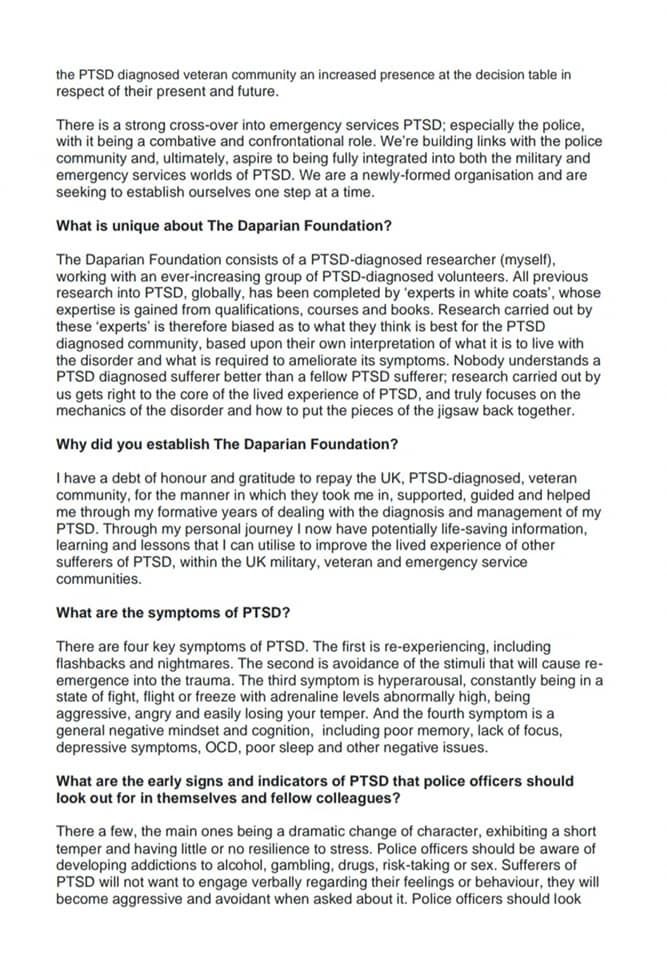
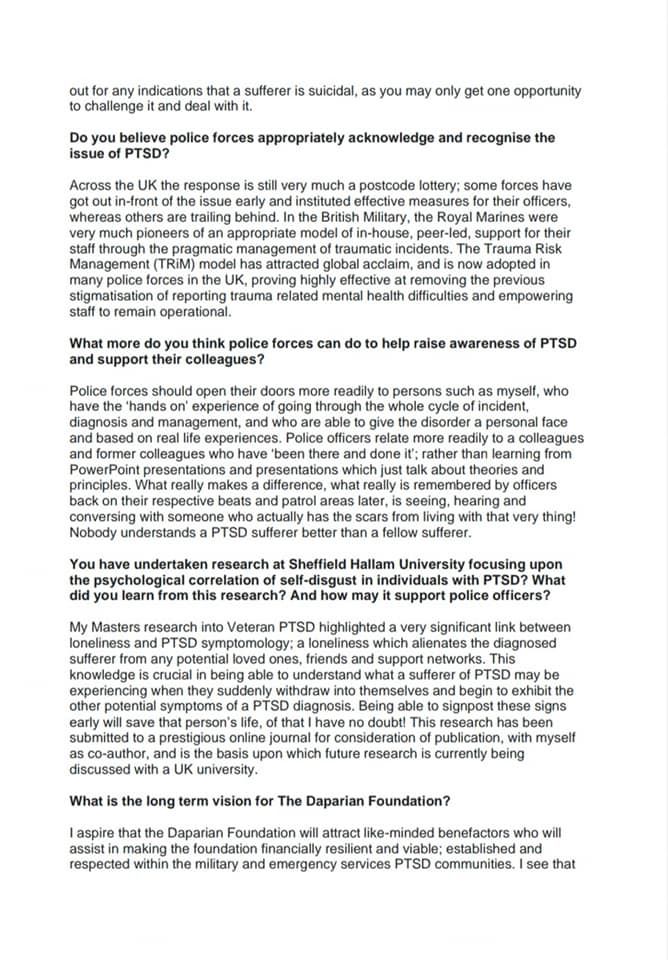
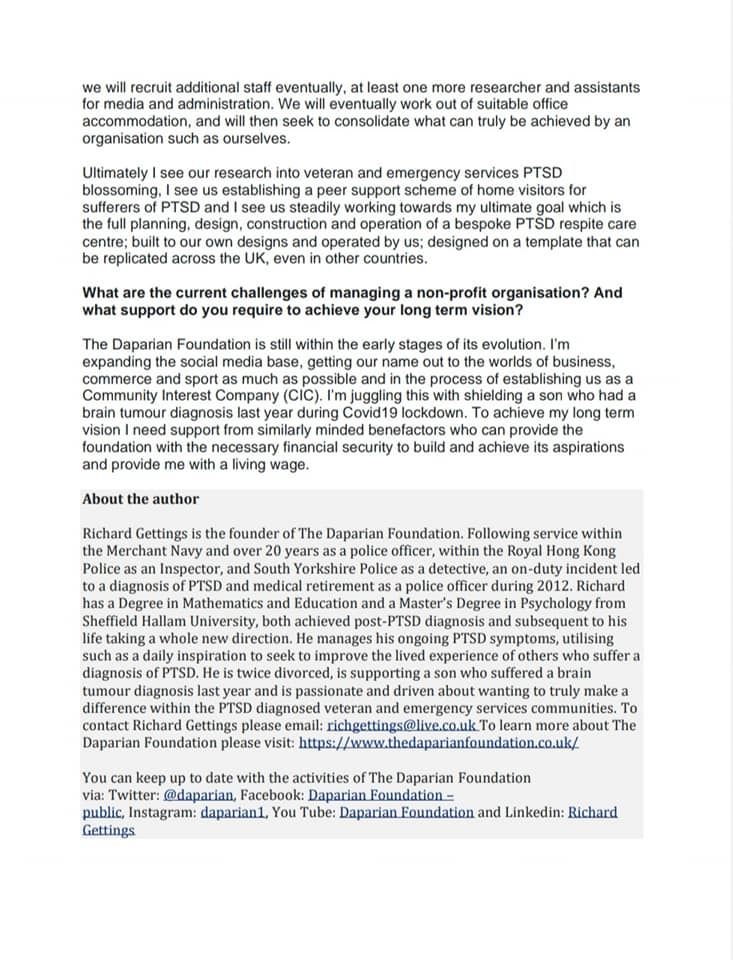
Collaboration with Barnsley College
We were very proud to be announced as a Talent United Partner with Barnsley College in August 2020, enabling us to increase awareness of veteran and emergency services PTSD within the student population.
We presented a couple of Covid-secure, online, PTSD / Mental Health awareness presentations to the students of Barnsley College for World Mental Health Day on 9th October 2020. These were very well received by students and staff alike.
We are scheduled to work more with Barnsley College in the coming months, and are very proud to be doing so.
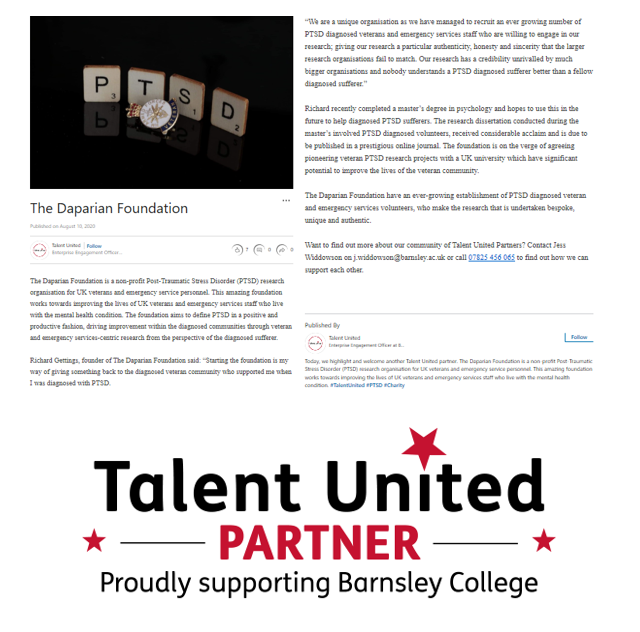
The Doncaster Muslim Wellness Conference Journey
It has been an absolute honour and privilege for our founder, Richard, to be able to work alongside and collaborate with inspirational Community Leaders and Imams, both local and regional, upon the Doncaster Muslim Wellness Conference initiative; born from need within the Muslim Community, indeed all communities, to raise awareness of mental health, trauma and suicide prevention, from a lived experience perspective, and to create an open, safe and non-judgemental space to enable and facilitate the necessary conversations.
We held our inaugural conference last year, at the Eco-Power Stadium in Doncaster. A large audience attended and the event was very well received by all; including fantastic feedback within national TV and media, at Governmental level and a recent national research conference.
We are now planning our 2025 Conference.
This journey, ultimately, has the aspiration of supporting all communities, bringing communities together via their shared experience of trauma and showing all that we are so much stronger working together and supporting each other. In times of polarisation and division this approach is a very much needed antidote to bring peoples and communities back together.
Watch this space for more exciting developments!
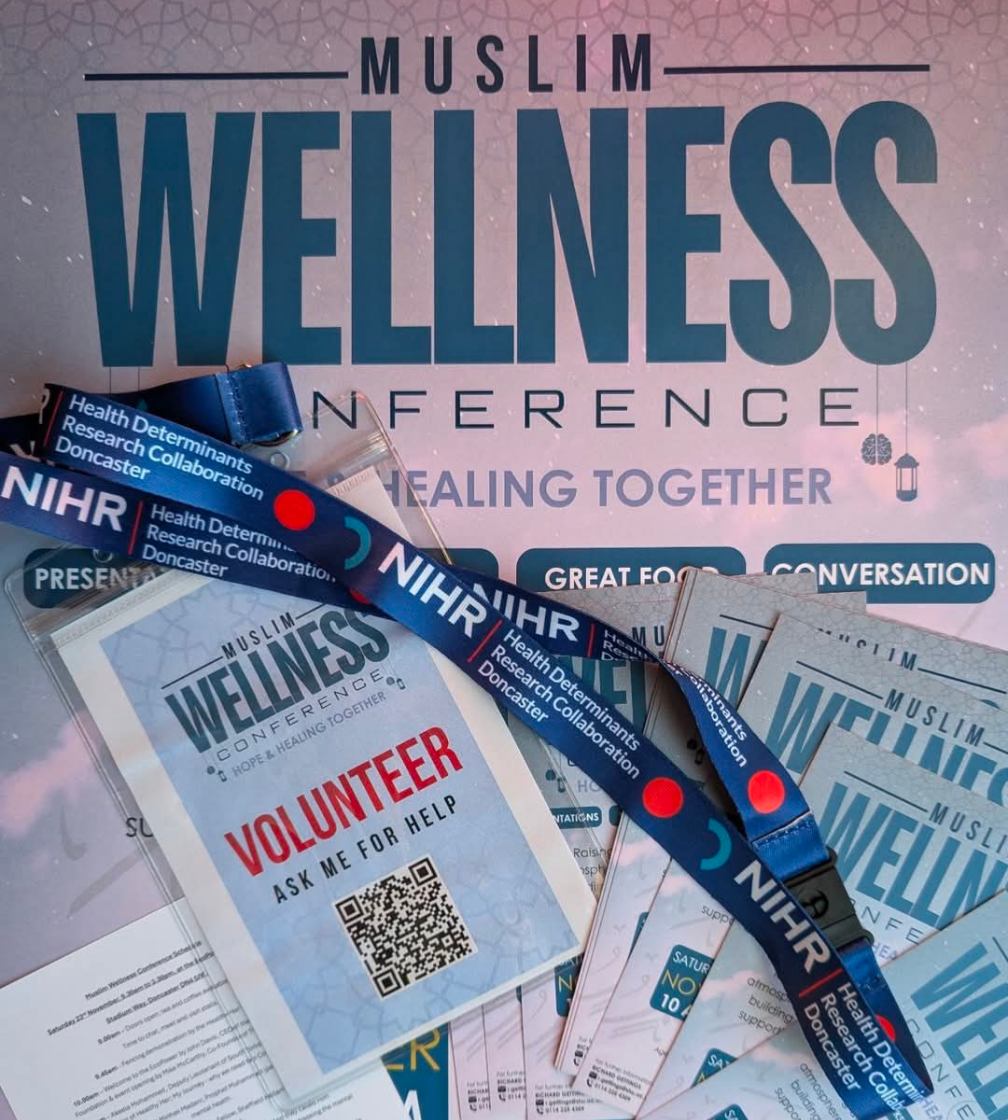
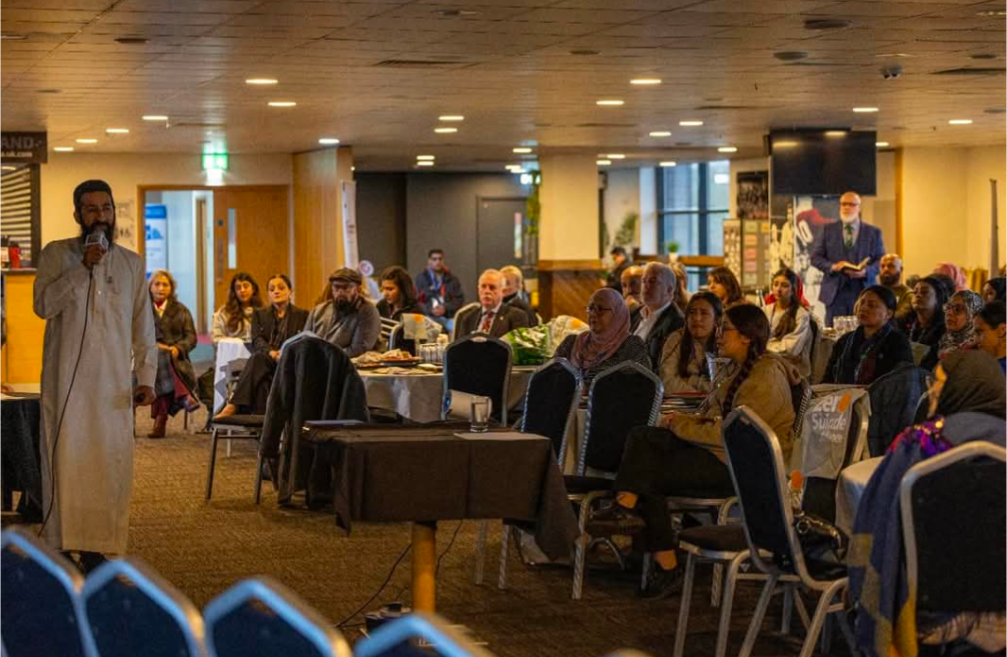
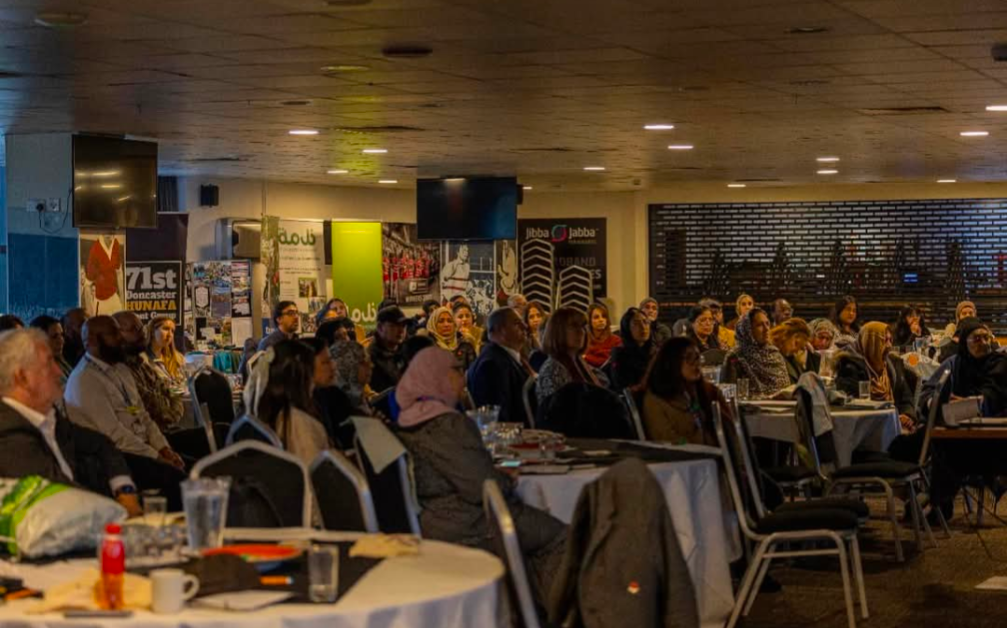
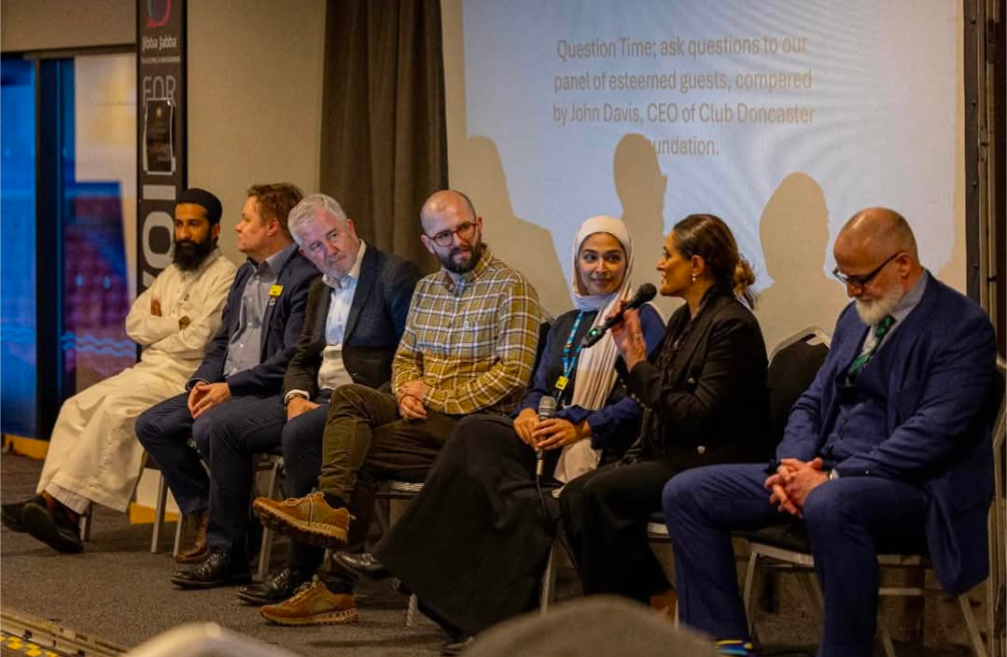
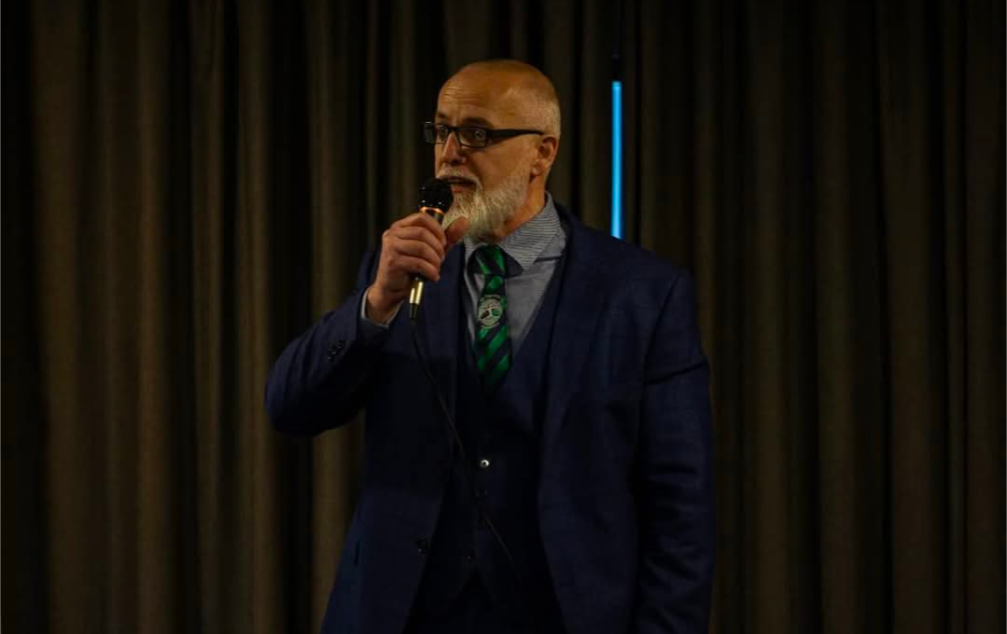
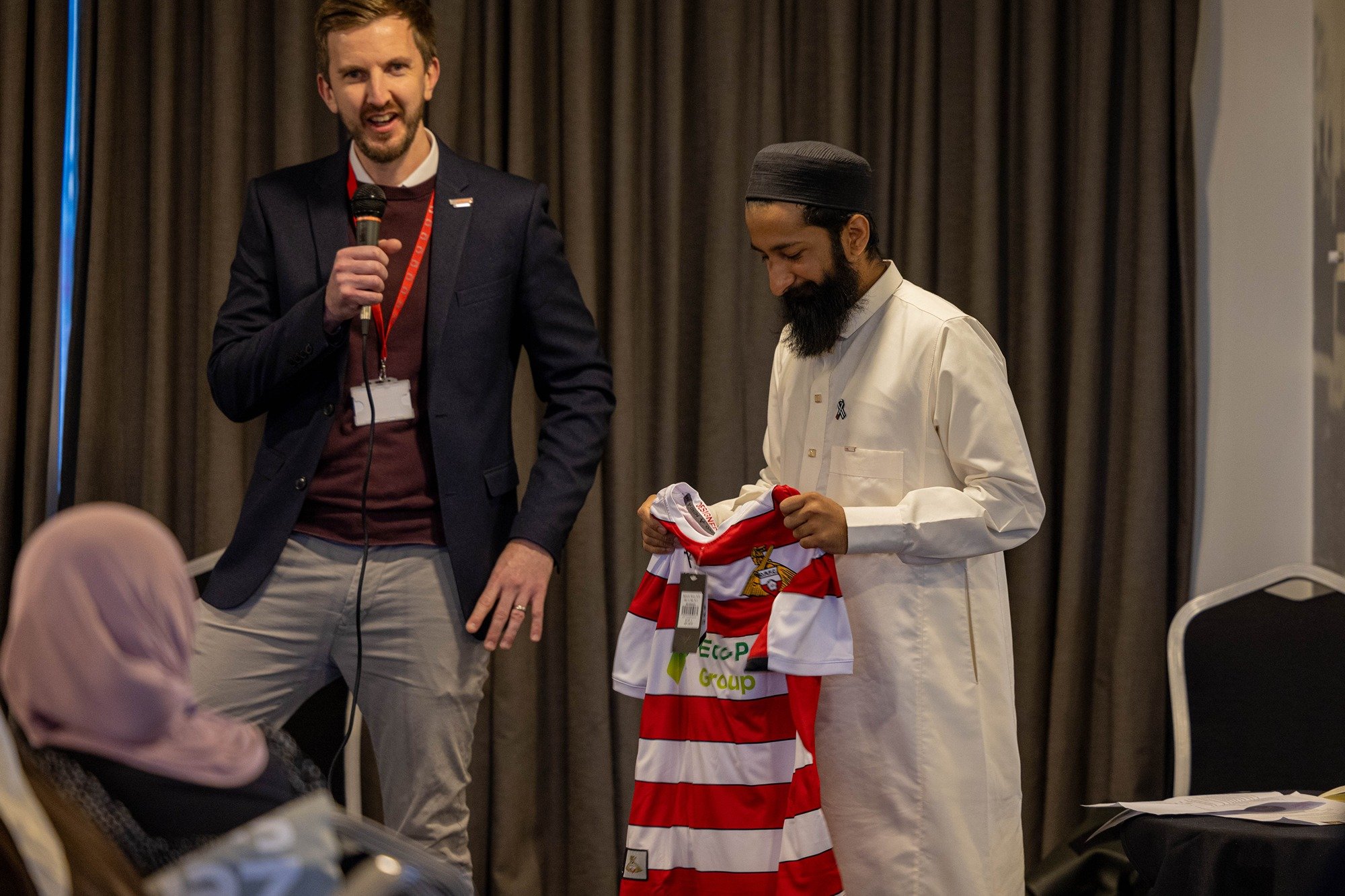
Tim Marriott
It is with great pleasure that the directors of the Daparian Foundation announced, on 28th April 2021, that Tim Marriott has agreed to become our Ambassador.
Tim is perhaps best known as a regular actor in BBC sit-coms of the 90s, including seven series of 'The Brittas Empire'. In 2000 he moved into education as Director of Drama at Eastbourne College. In 2018 he returned to the stage, adapting and performing former soldier Neil 'Blower' Watkin's biographical novel 'Shell Shock: The Diary of Tommy Atkins' as a solo show which powerfully illustrates the effects of PTSD and opens conversations about mental health. The show has won awards at international festivals, including a New York Encore and Best Solo Show at Adelaide, and subsequently toured Australia promoting the Invictus Games. Shell Shock has recently been filmed and is currently being used by the NHS Armed Forces Network to raise awareness and reduce stigma.
Tim shares our strong passion to improve the lived experience of UK veterans and blue light staff who are diagnosed with PTSD and has become a champion of the communities through his tireless PTSD awareness work. A powerful synergy exists between Tim and the Daparian Foundation and we aspire to help each other evolve and grow through the challenges of the future.
Welcome aboard Tim!
Shell Shock; A powerful portrayal of life with PTSD! If you want to truly understand what it is like to live the rollercoaster of PTSD then watch this production via the recorded screen version, available on YouTube. This play transcends military, veteran and blue light PTSD, it totally resonates through all communities who live this life!
Tim recently decided to stop performing the ShellShock play. Perhaps we can persuade him to perform it again sometime soon...?
Groundbreaking and pioneering, raising awareness and breaking down stigma!
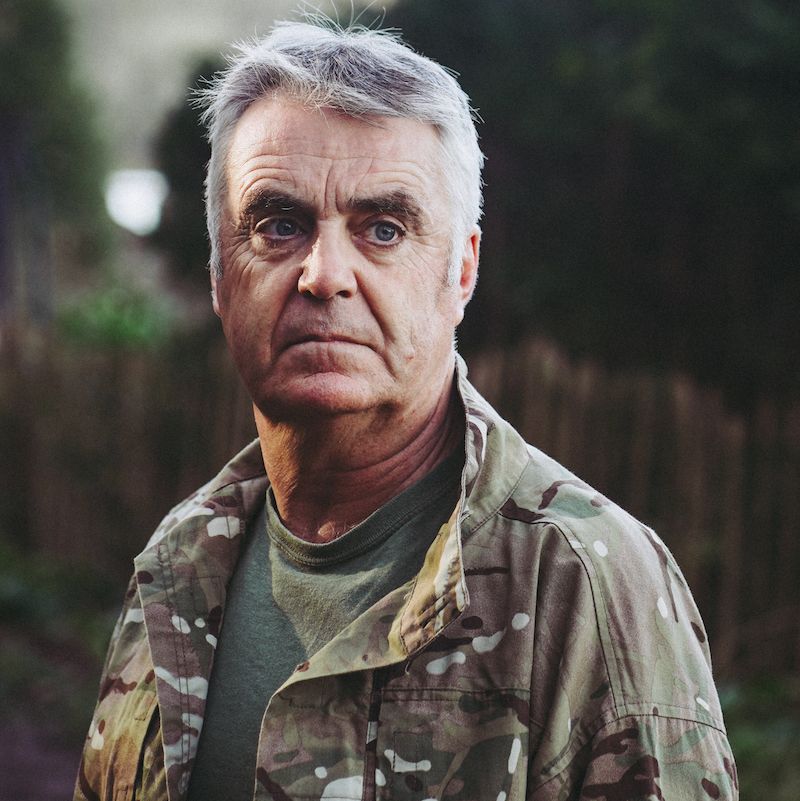
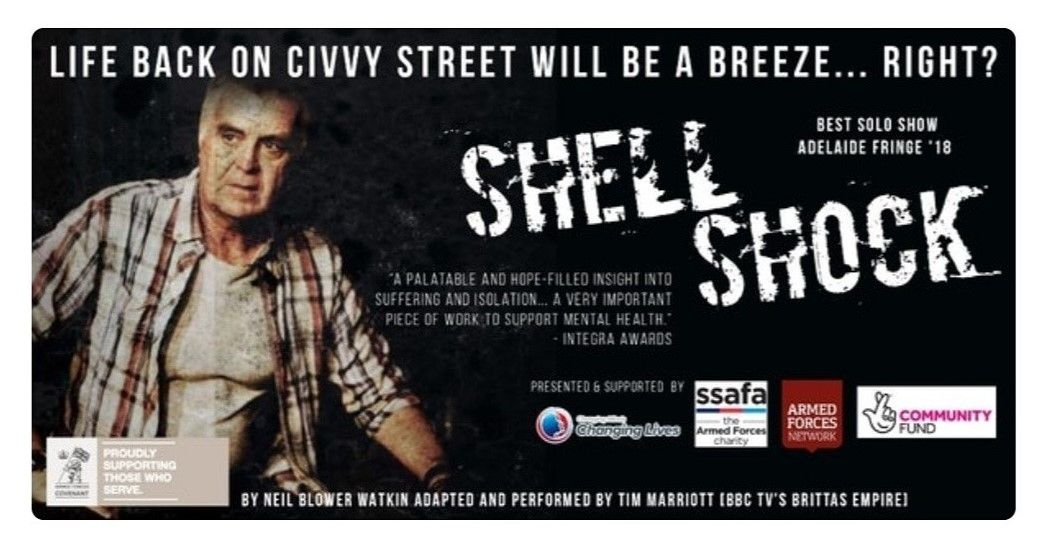
Mettle; A story of a man from Sheffield and his service aboard HMS Vanessa during the Atlantic Convoys of WW2
The Daparian Foundation were proud to be part of the development process for this powerful & inspirational stage play, written & performed by Nicholas Collett (a story of his father) & produced by Gavin Robertson. We were there when Mettle returned to South Yorkshire for the first time in September 2025, being performed at the Advanced Wellbeing Research Centre in Sheffield & Rotherham Civic Theatre.
We have recently presented to these academic institutions, helping others become their best selves through our lived experiences of PTSD. We are proud and privileged to define our journeys with PTSD in this positive and proactive manner.
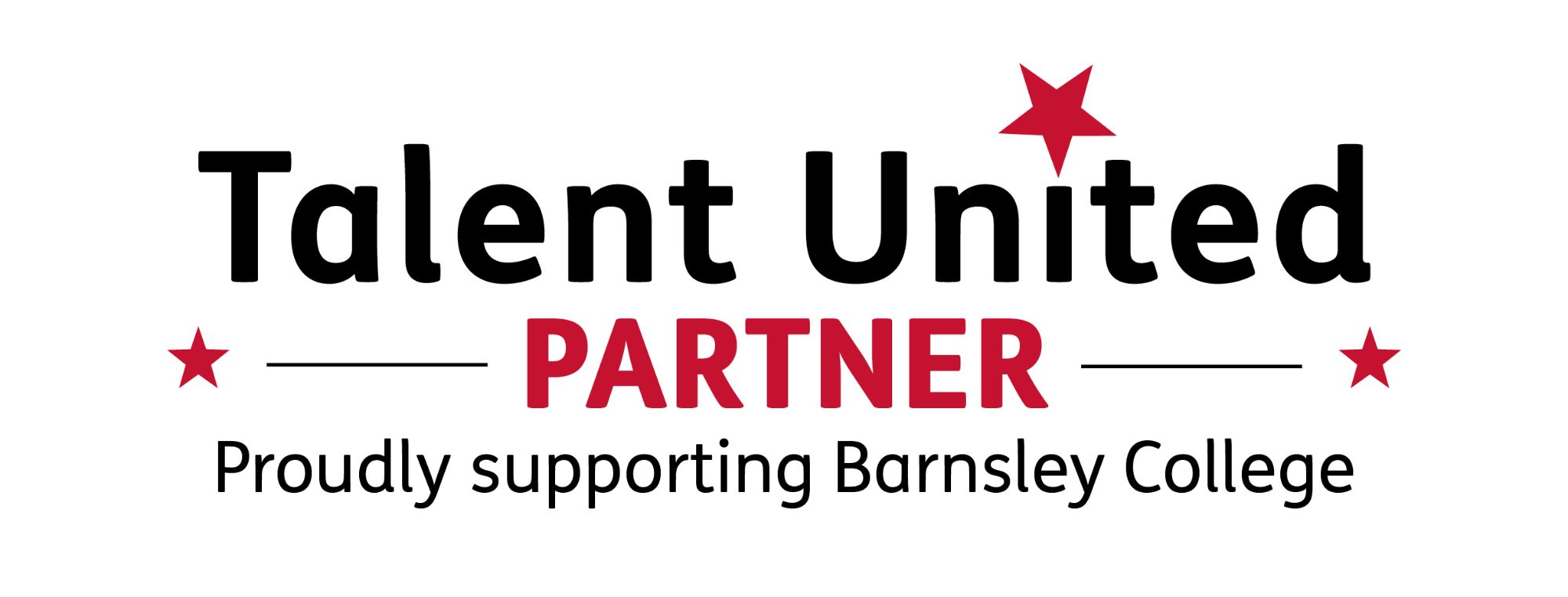


The Daparian Foundation is a research, networking and awareness organisation. We are not counsellors nor medically/psychologically qualified. We have tried to ensure up to date contact details and relevant signposting, for those needing immediate support, is attached here.
List of non-military/veteran emergency care services, with a specialist knowledge of mental health;
Mind 0300 123 3393 [email protected] (NOT 24 hrs; Monday to Friday, 9.00am to 6.00pm)
Samaritans 116 123 [email protected] 24 hour service
List of UK veteran / emergency services care and support agencies, with a specialist knowledge of mental health / PTSD issues (not in order of preference, in alphabetical order);
Help A Squaddie 0300 3651332 [email protected] (covers Staffordshire & South Derbyshire)
Icarus 0333 987 5055 [email protected]
Mind 0300 123 3393 [email protected] (NOT 24 hrs; Monday to Friday, 9.00am to 6.00pm)
Phoenix Heroes 01206 932488 [email protected] (Mon to Fri, 9.00am to 5.00pm, Sat 9.00am to 3.00pm)
PTSD Resolution 0300 302 0551 [email protected] (9.00am to 5.00pm)
Samaritans 116 123 [email protected] 24 hour service
SSAFA 0800 731 4880
Via GP referral;
ASSIST Trauma Care 01788 560800 [email protected]
BACP 01455 883300 [email protected]
BABCP 0161 7974484 [email protected]
Traumatic Stress Service 0203 2282969 [email protected]
Cruse Bereavement Care 0808 8081677 [email protected]
These contact details are currently being reviewed to make them as current and accurate as possible, and to include contact details for the non-military/veteran communities. In the meantime please consider referral via your GP or checking the NHS website for the nearest Talking Therapies Service. In an emergency, where immediate support is required ring 999 and/or refer via the nearest Accident & Emergency Department.
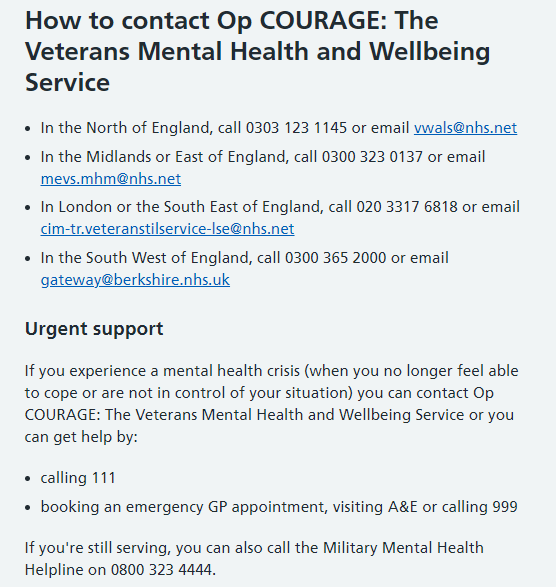
Op Courage; a new way of looking at delivering UK Veteran Mental Health Support
Op Courage is a new NHS initiative which pulls together all the different strands of UK Veteran Mental Health and Wellbeing Support, including all PTSD support, under a 'one stop shop' umbrella. The Transition, Intervention and Liaison Service (TILS), Complex Treatment Service (CTS) and High Intensity Service (HIS), plus various other support options, are available to the UK veteran community.
Op Courage provides a more joined up rationale behind the application of these services towards supporting the veteran who requires support, guidance and signposting.
Here are the contact numbers / emails for this new scheme.
Thank you to the National Health Service website, www.nhs.uk,for this information.
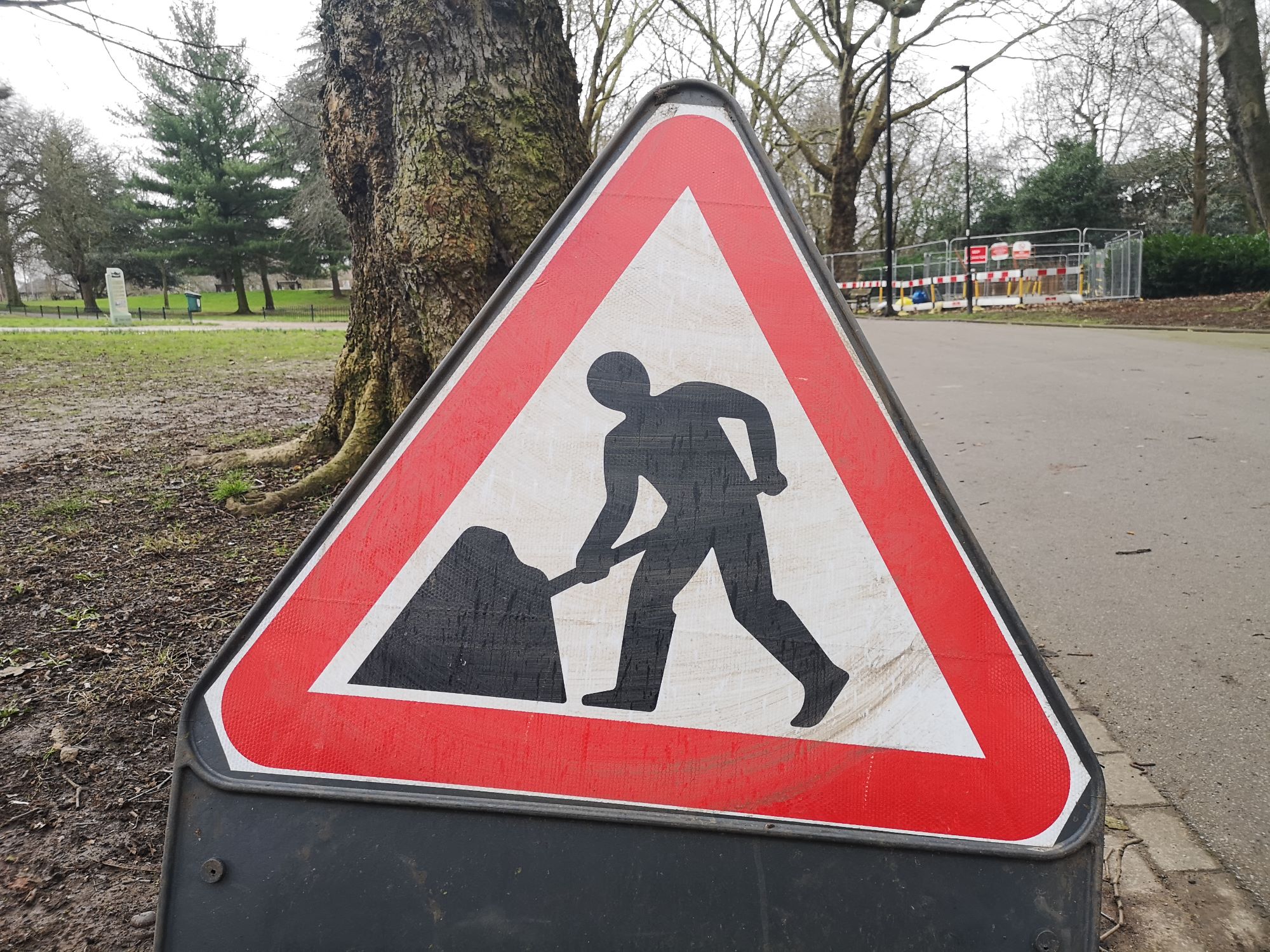
The Daparian Foundation, our growth and research, and indeed this website is all a work in progress. We do not profess to have the best website, the best or most interesting social media feeds. We will not leave you, perhaps, speechless or have you in awe with our output or message.
However, what we can promise you is that we will be working extremely hard behind the scenes; listening to communities living with trauma, in all it's various forms, investigating the potential causes of pain, suffering and alienation from the perspective of those who really know, and subsequently attempting to negotiate a path towards truly improving the lived experience of those suffering the destructive consequences of trauma.
Hopefully you will witness our growth, witness our journey, from one PTSD diagnosed researcher and a group of courageous diagnosed volunteers to an organisation with research credibility, effective funding and an ever expanding presence. We have ideas, aspirations and dreams about just how far we can take this potentially unique concept, but one step at a time. From acorns do oak trees grow! Travel with us on this journey, help us grow, fund us if you feel able and motivated, like and share our social media feeds. Thank you.
Disclaimer
It is vital to re-emphasise here that we are not counsellors nor therapists, we possess no medical or psychiatric/psychological qualifications. We are a lived experience, of trauma and PTSD, community that has come together to raise awareness and research the trauma/PTSD journey for the benefit of all persons walking the same path. We are unable to offer counselling or therapy services. If you seek medical/psychological support or advice we are not the right people for you; and please contact those highlighted elsewhere on this website, contact your GP or your local Accident & Emergencey Department (ringing 999 in an emergency requiring immediate support as many of the services highlighted do not provide immediate support). Thank you.
